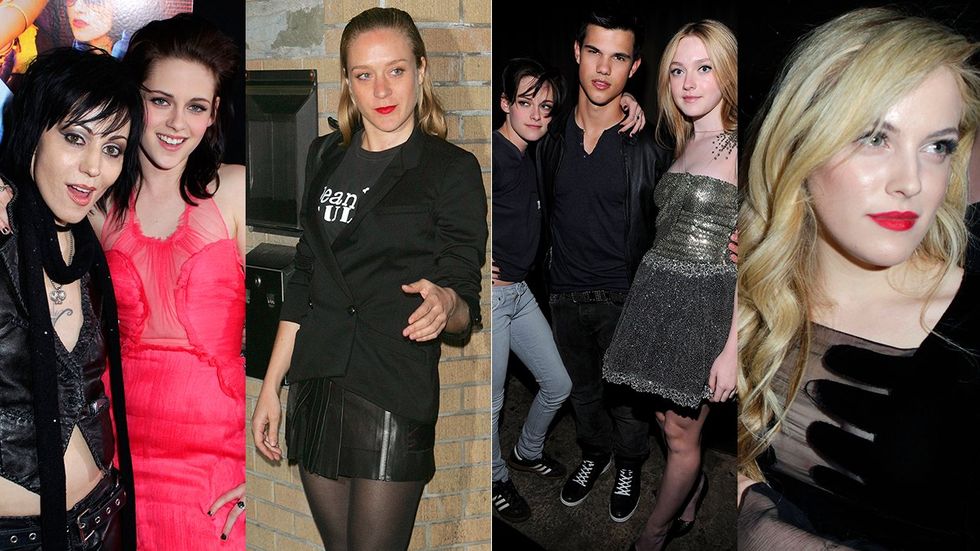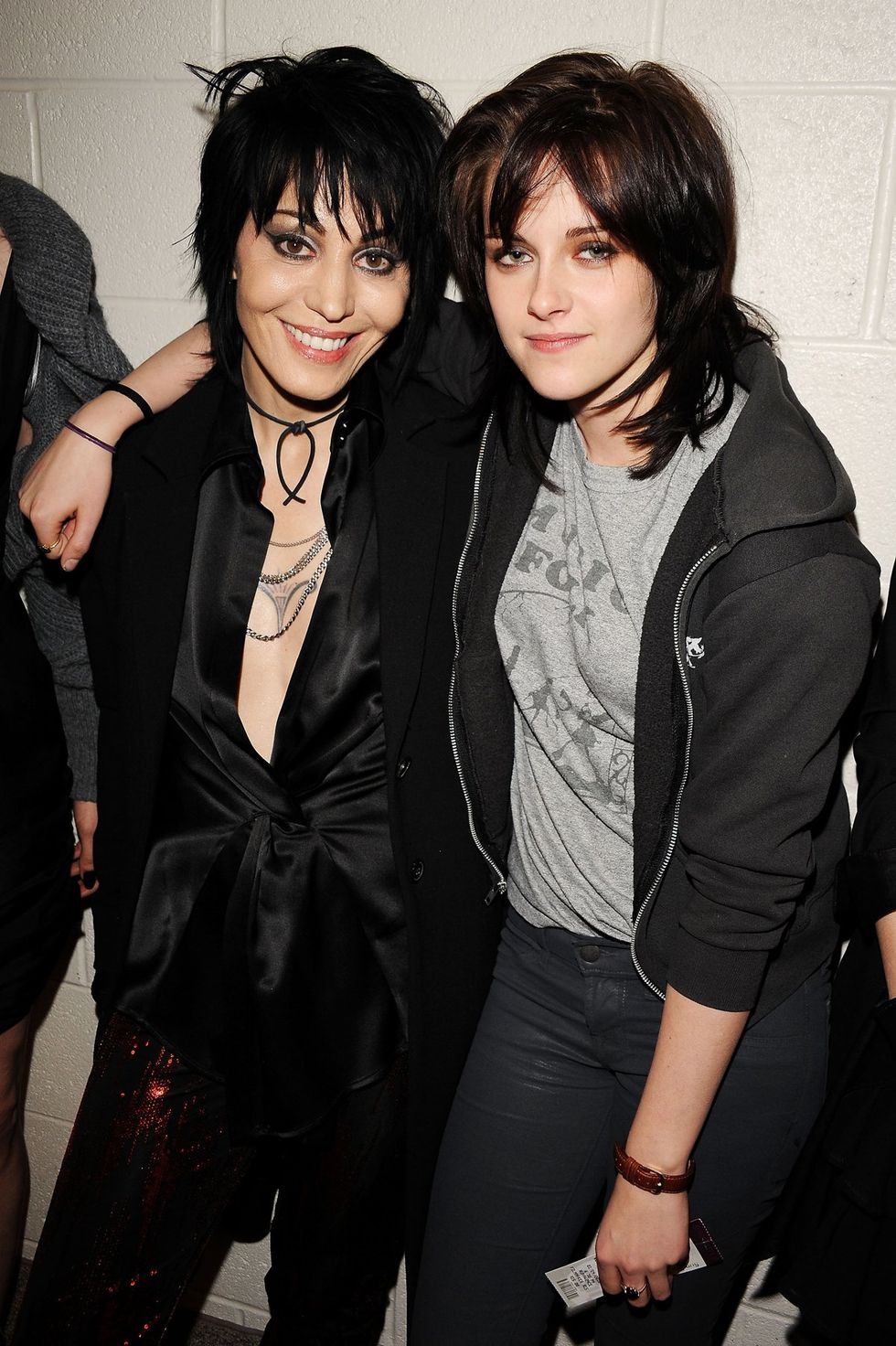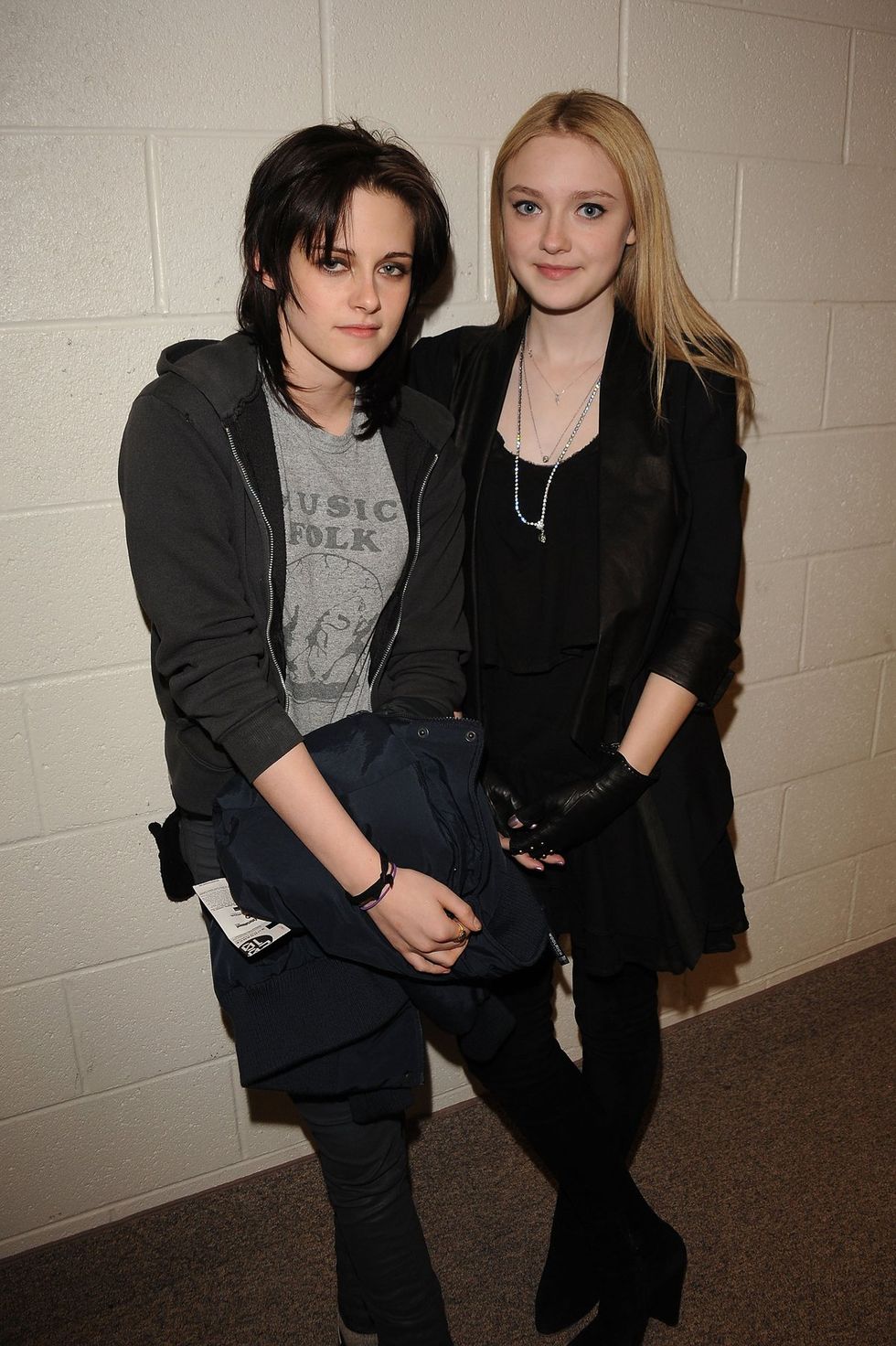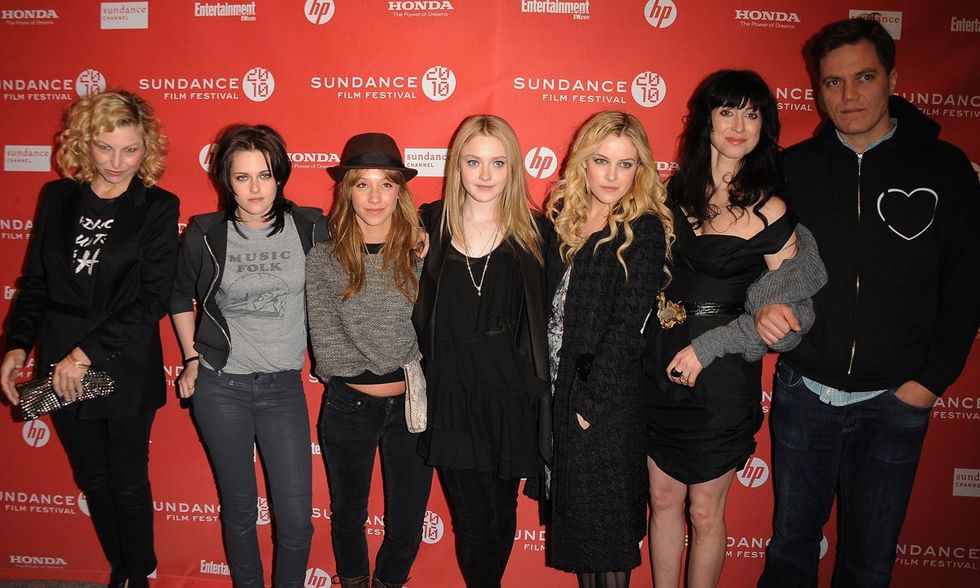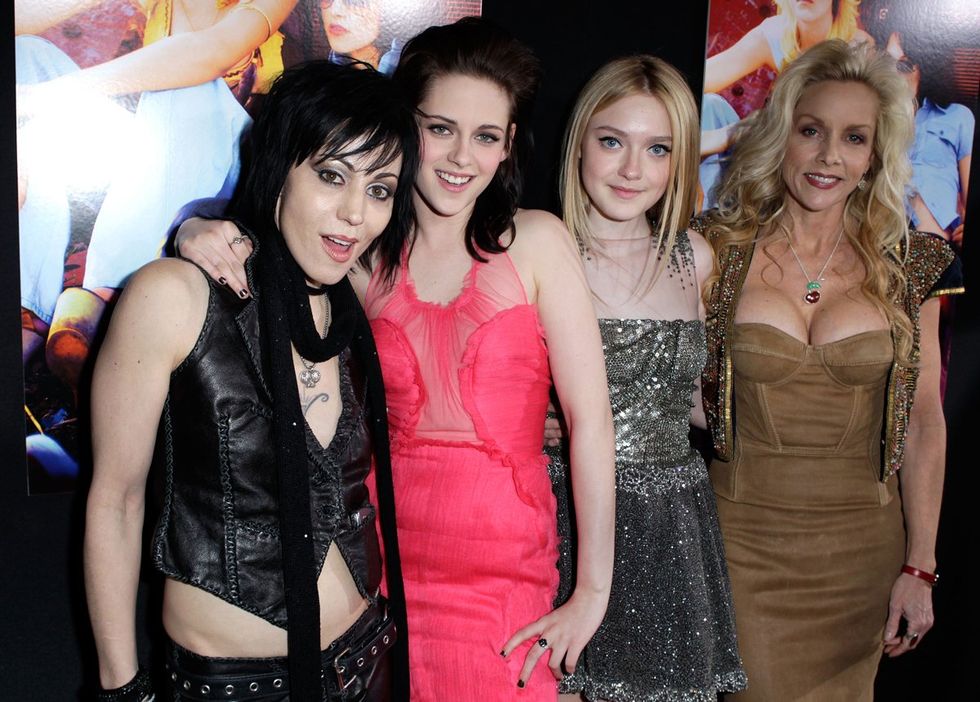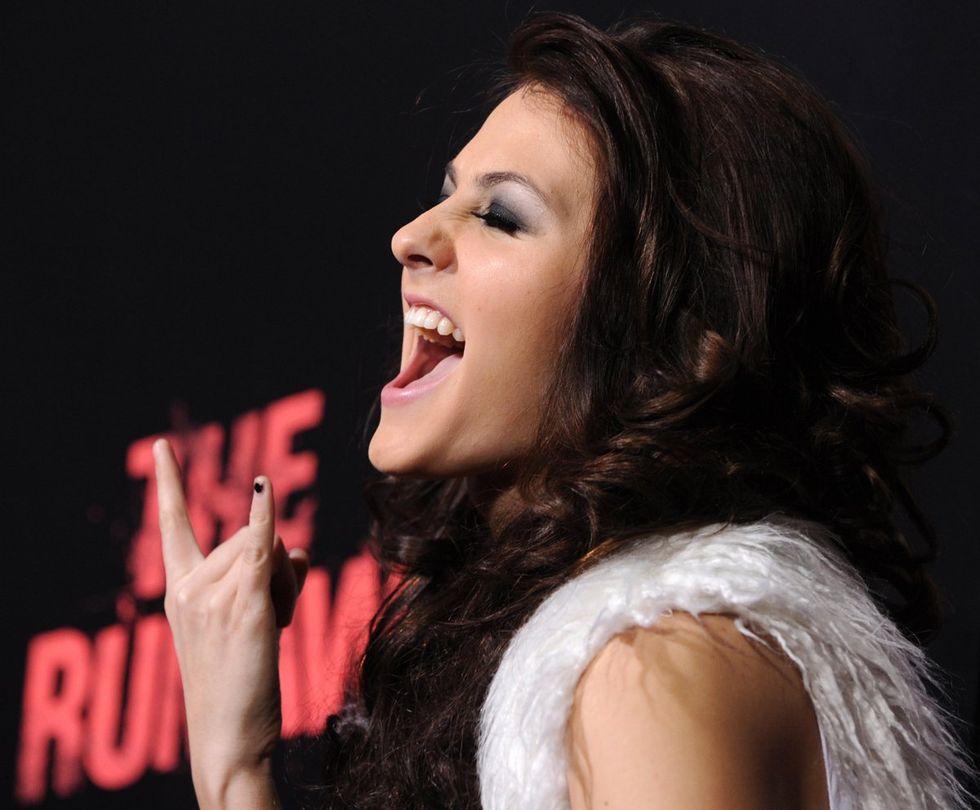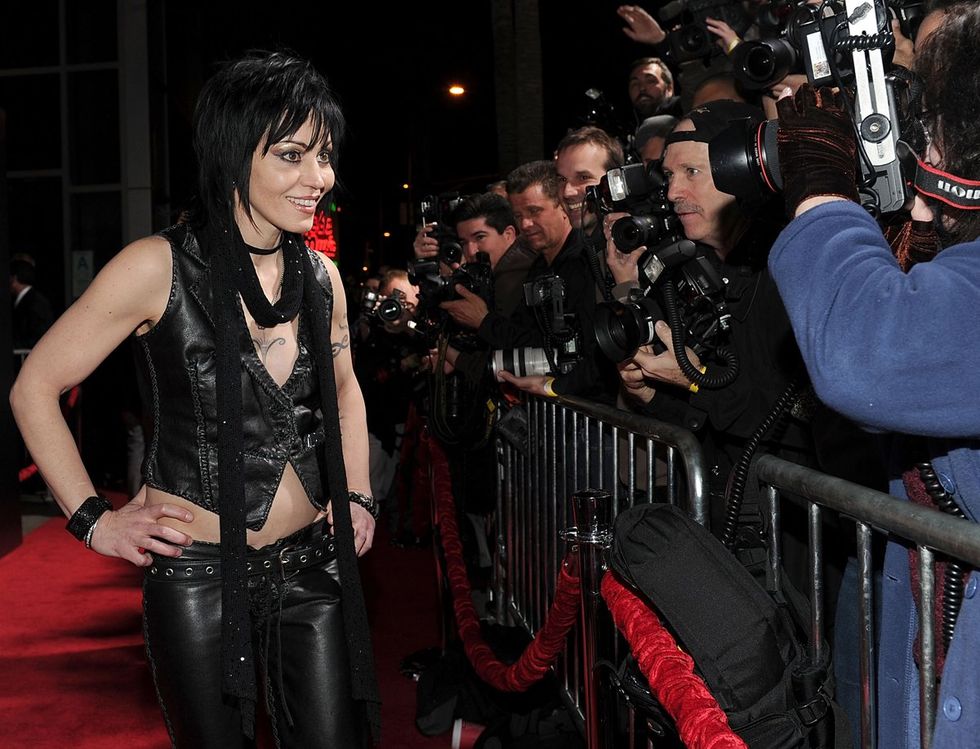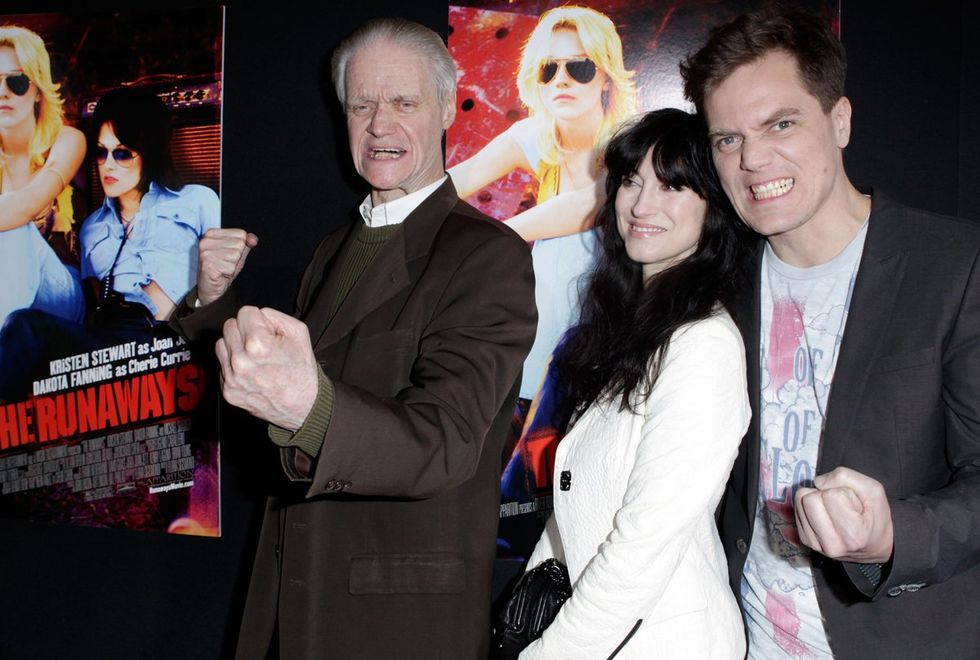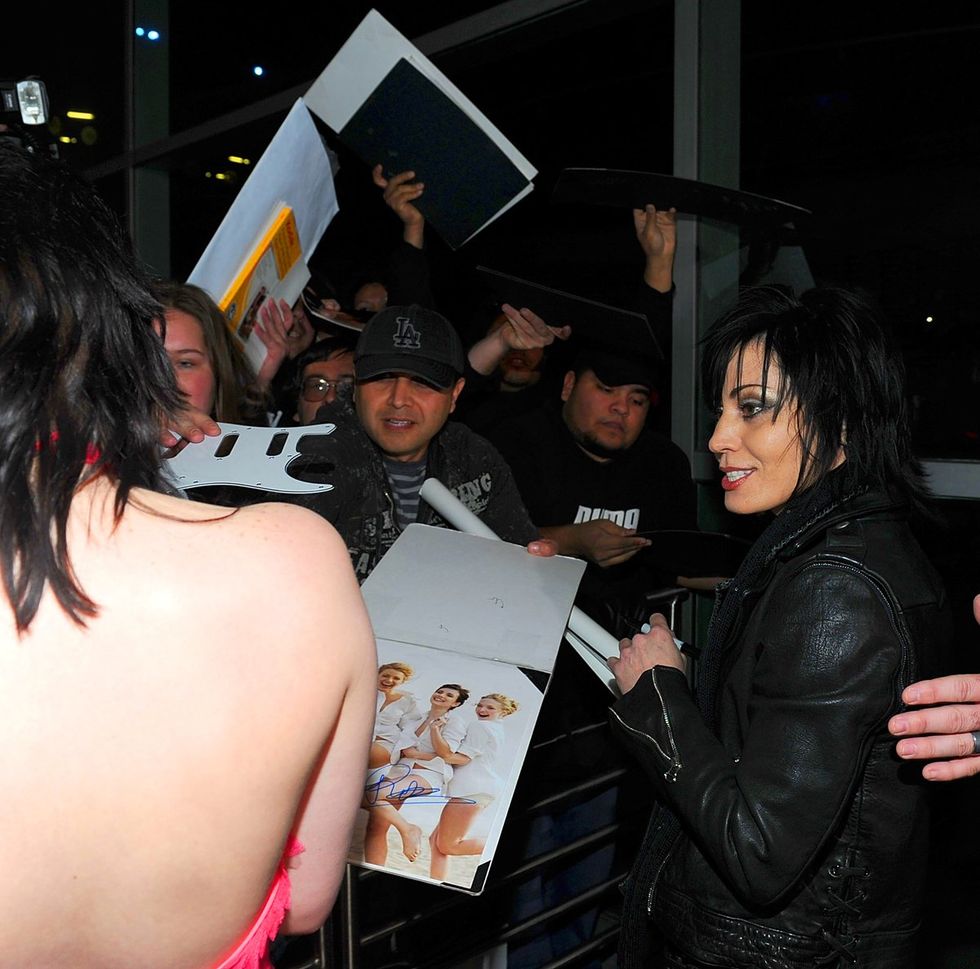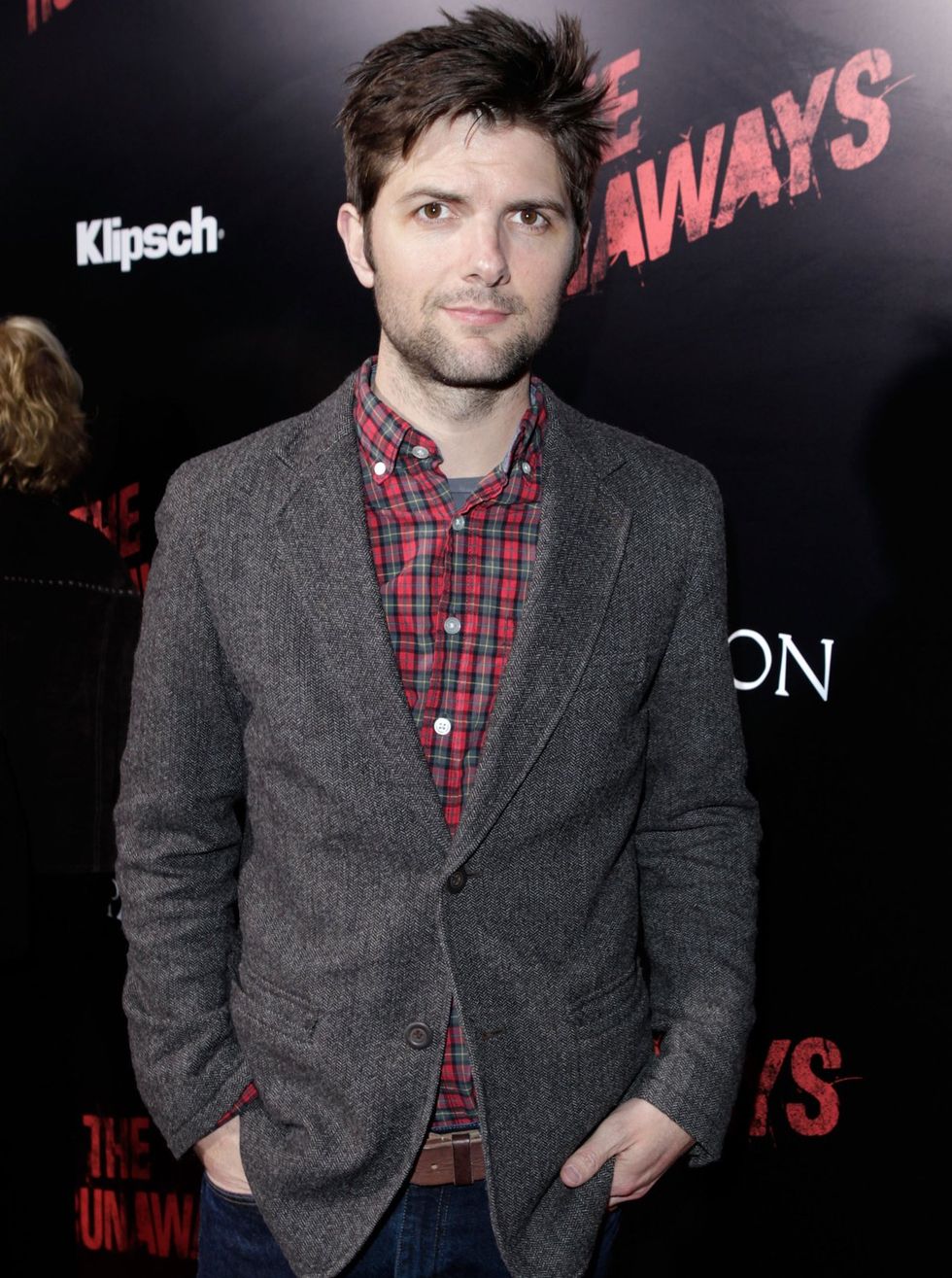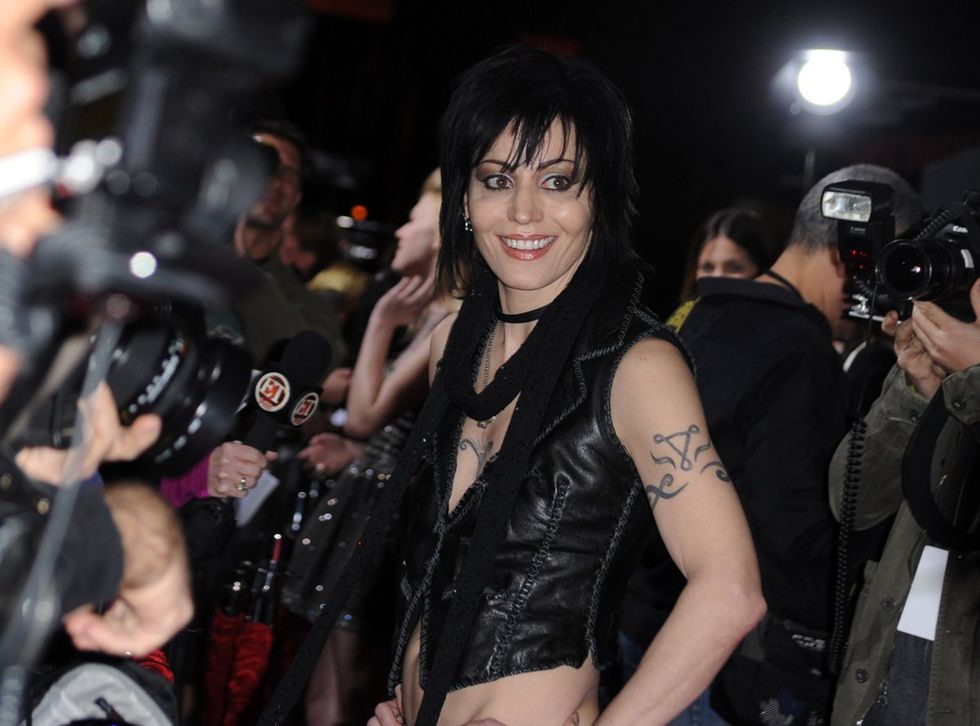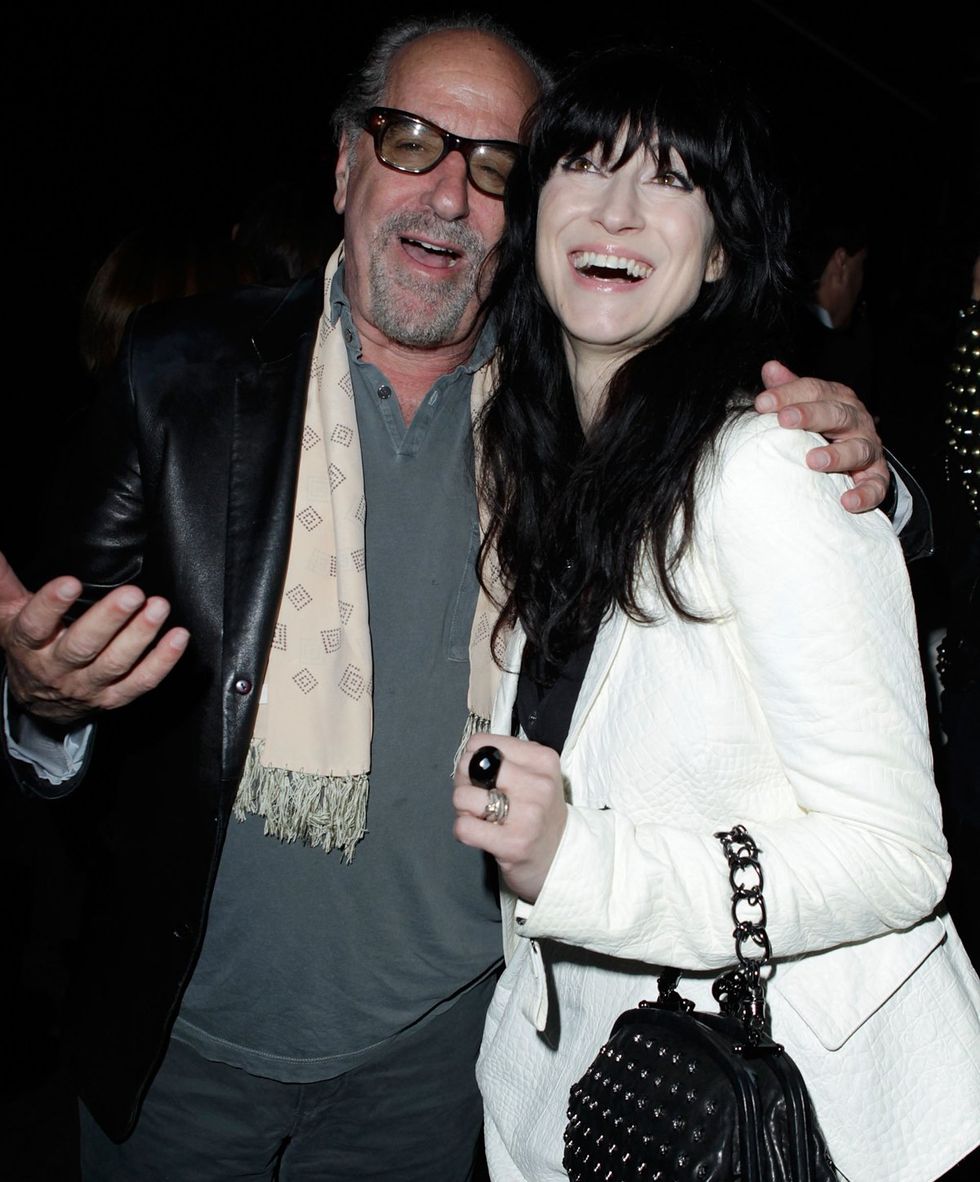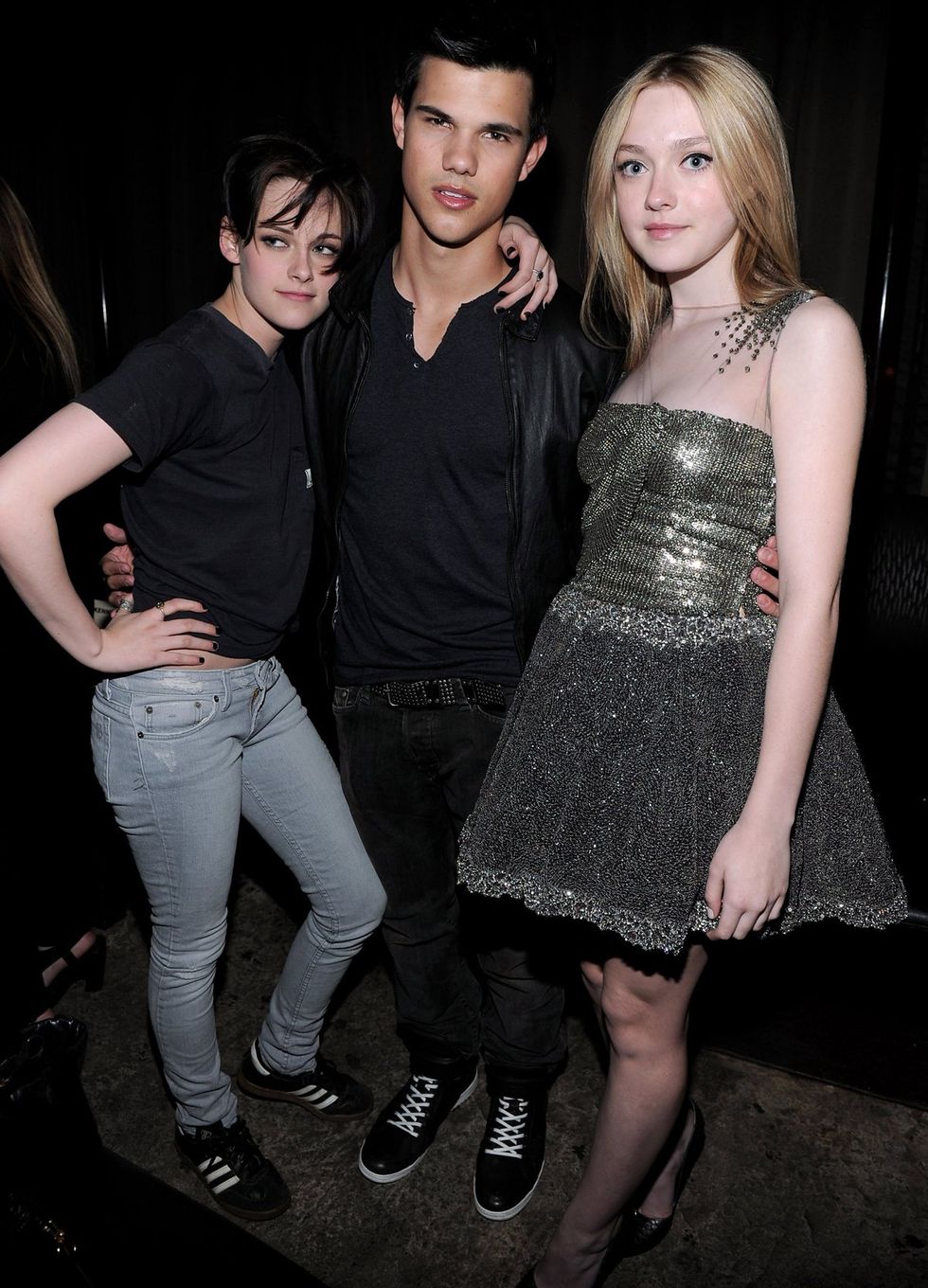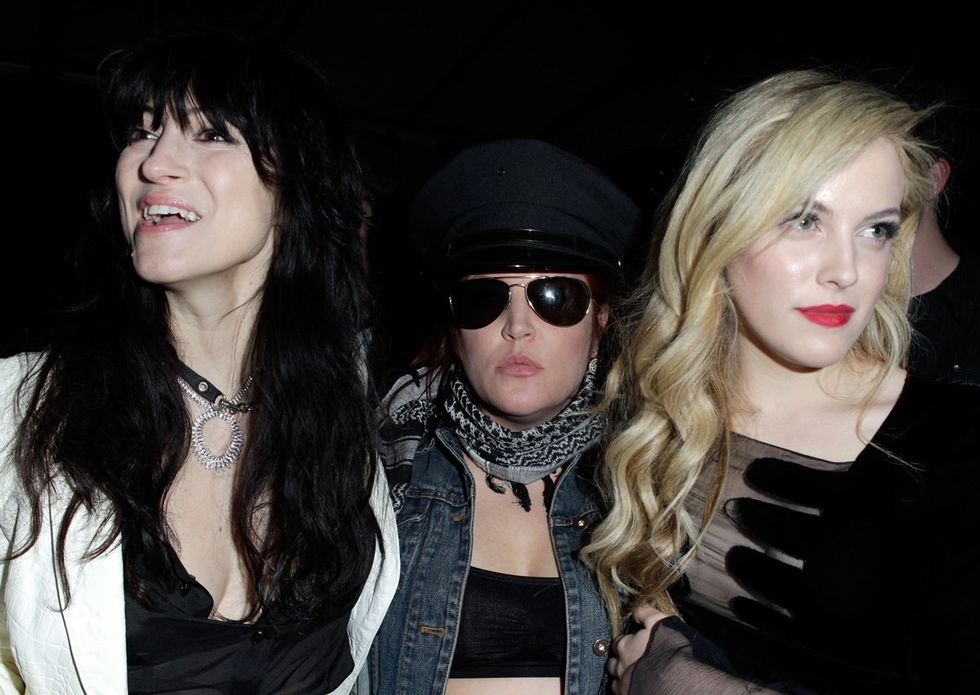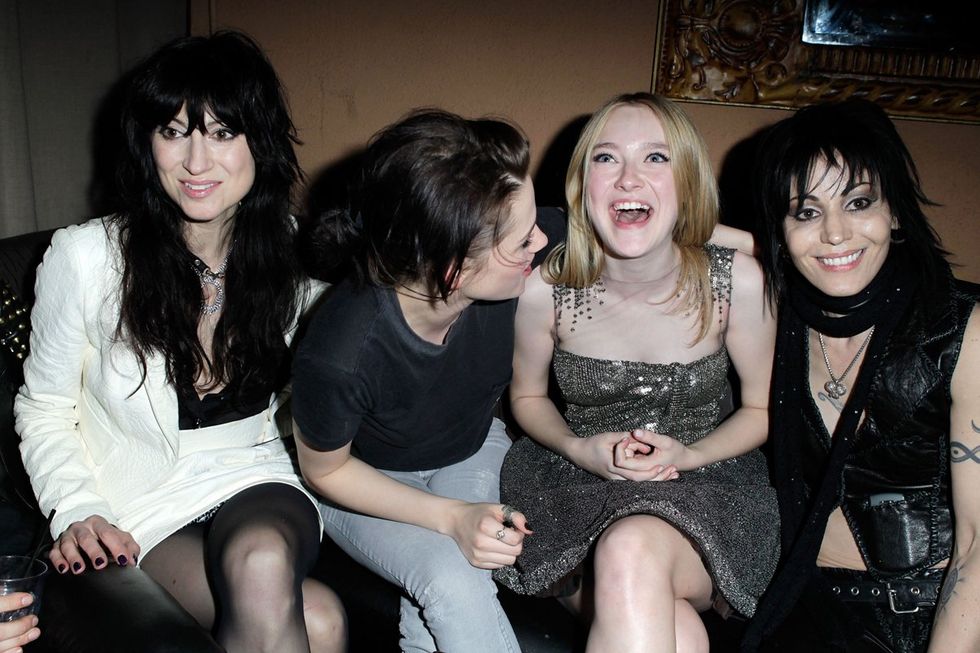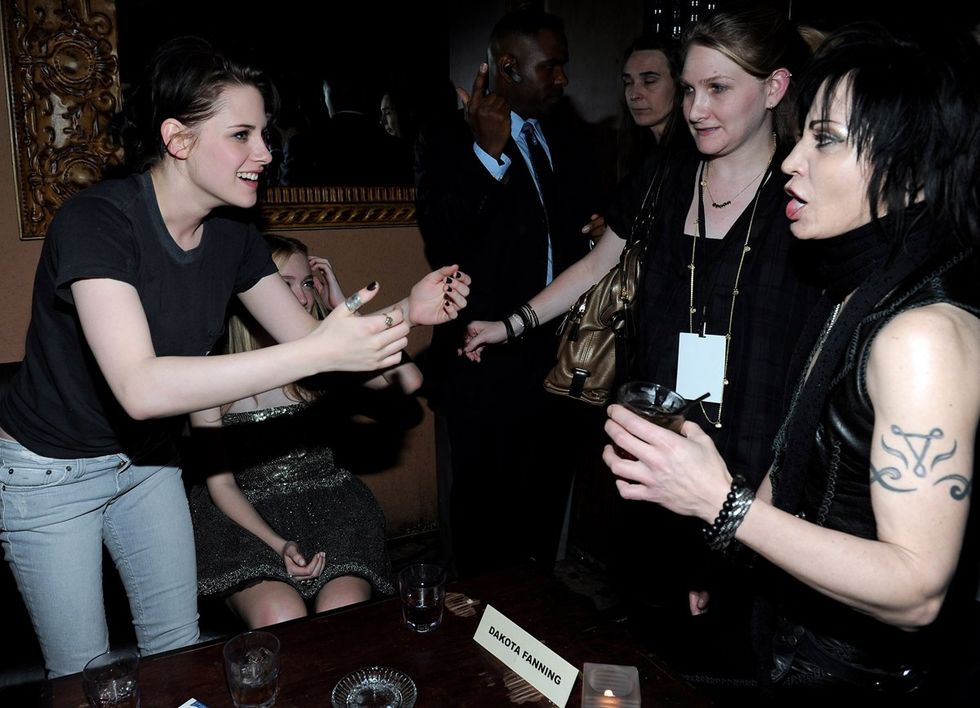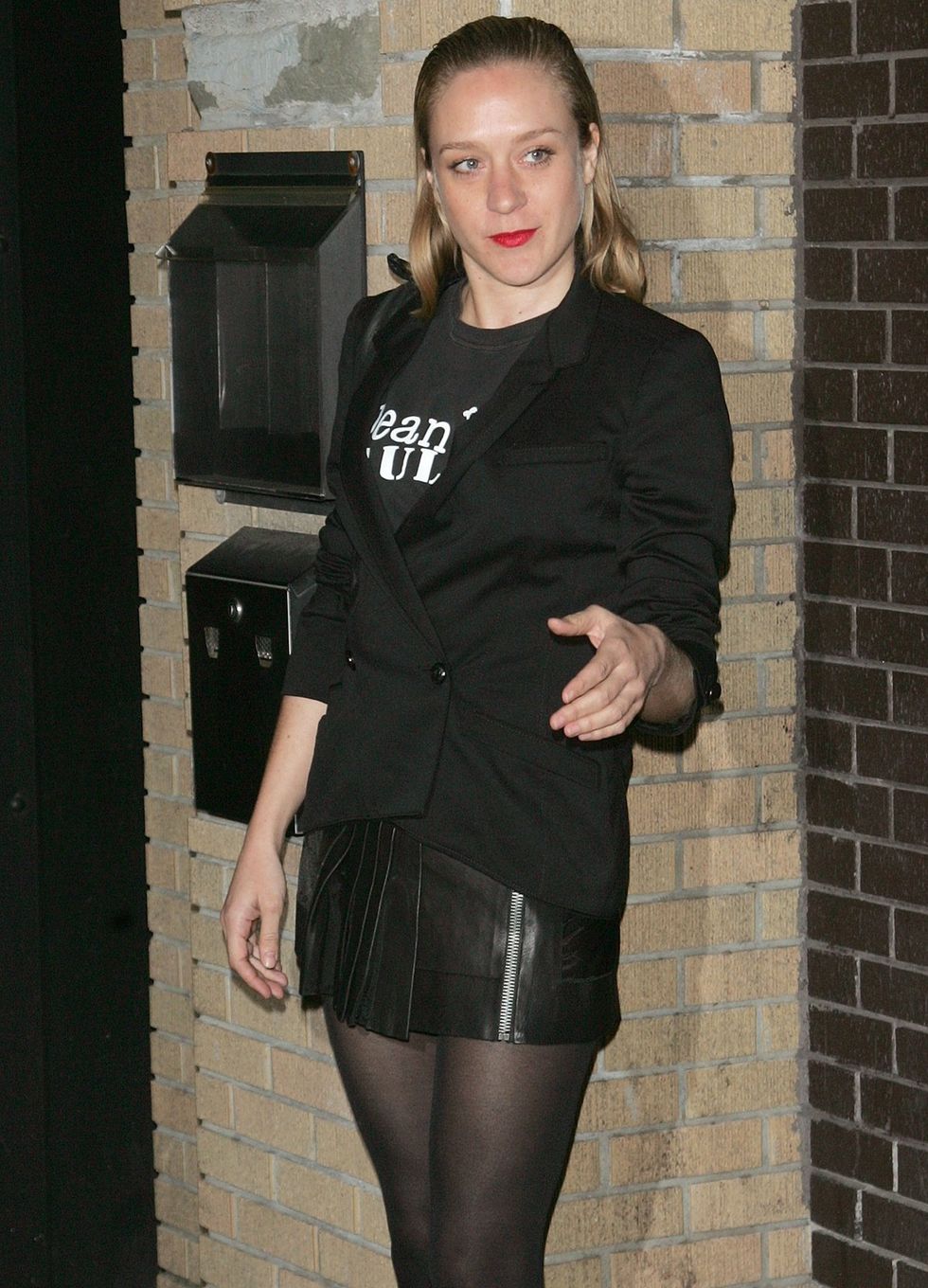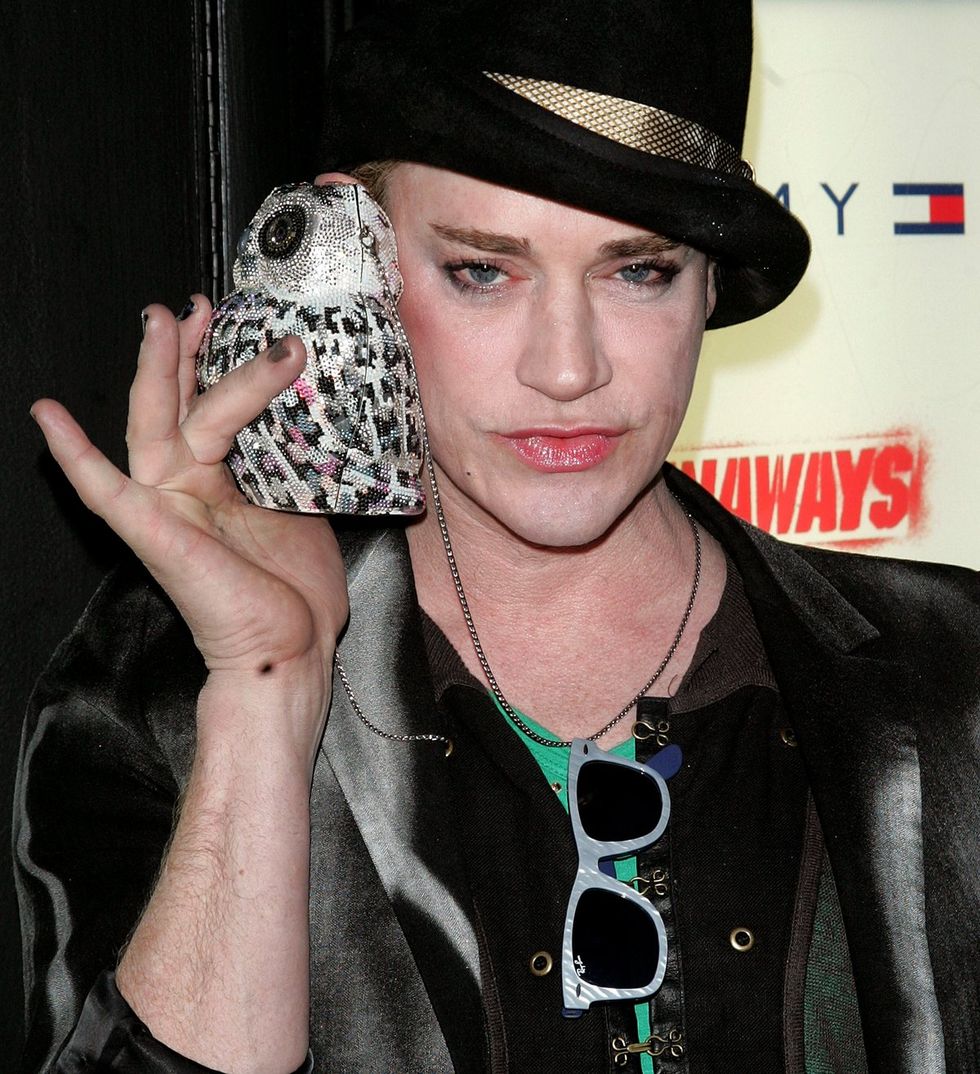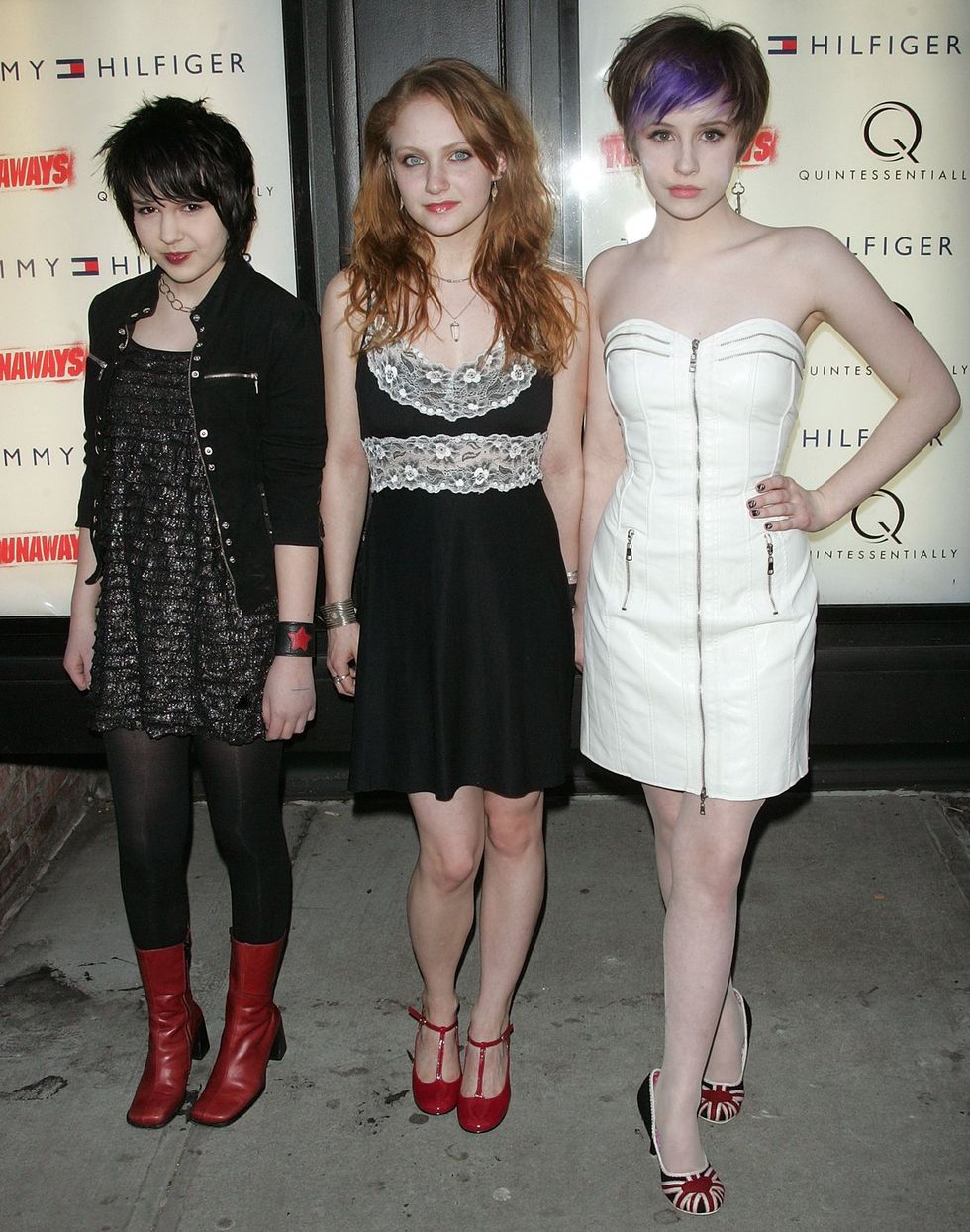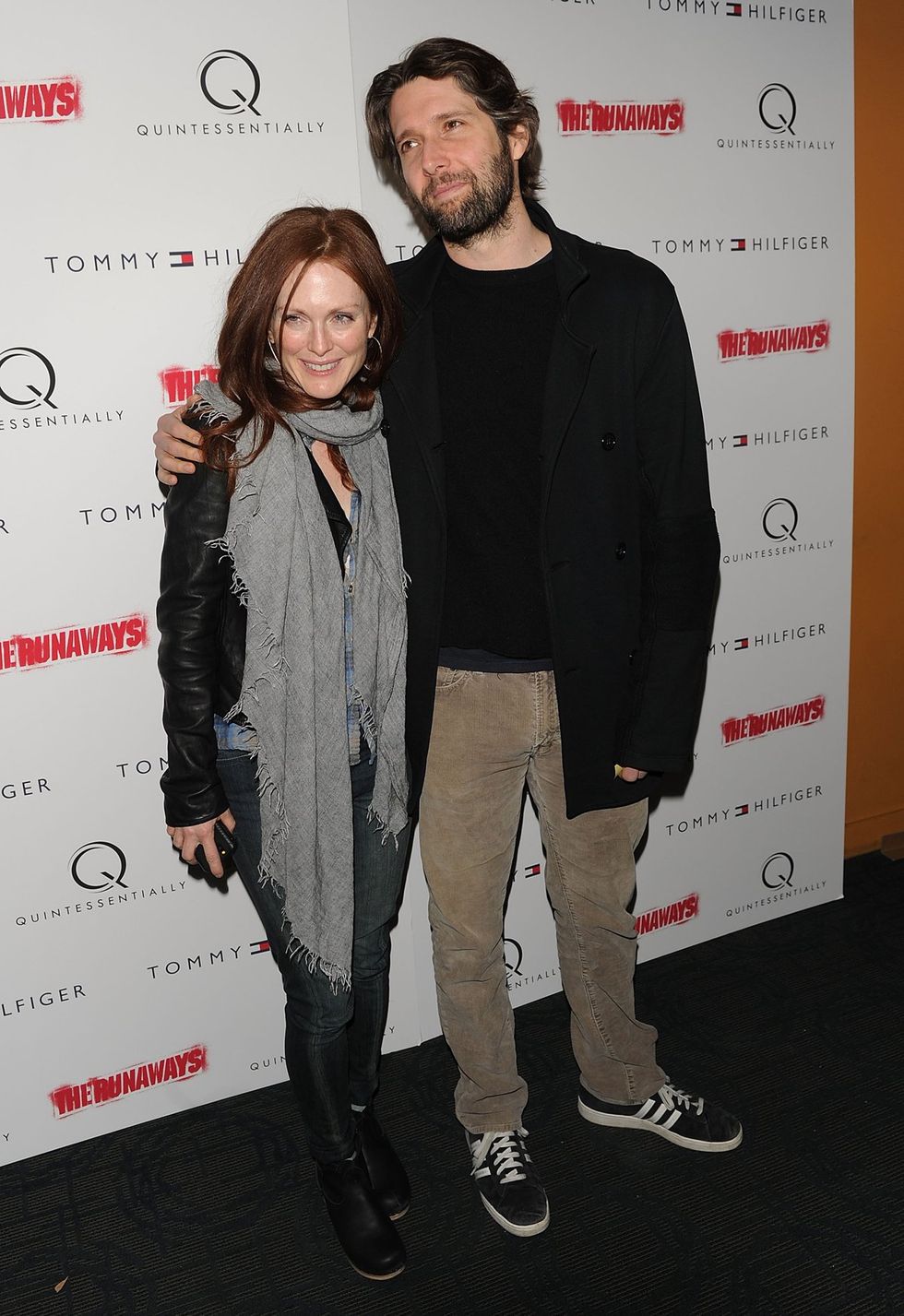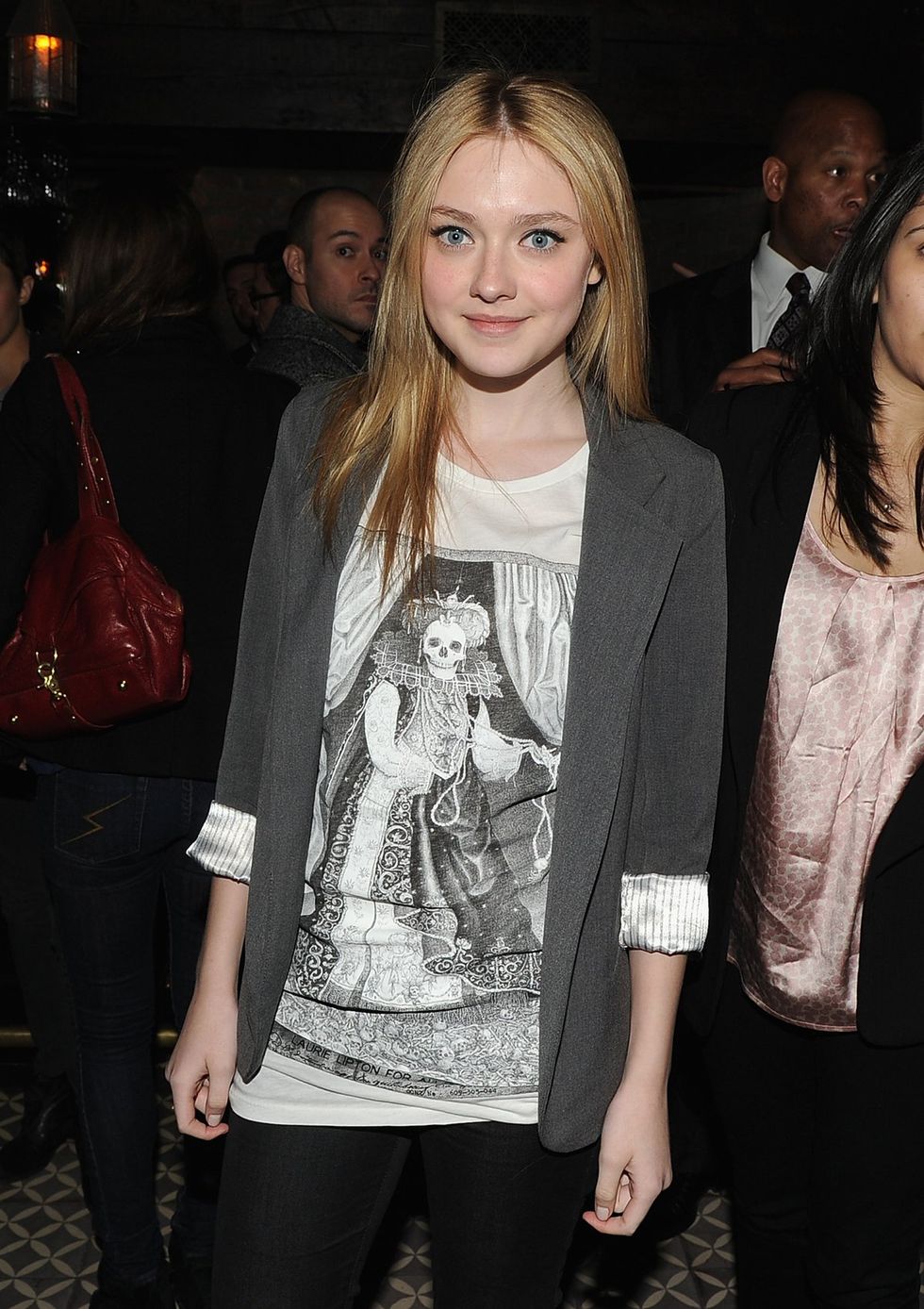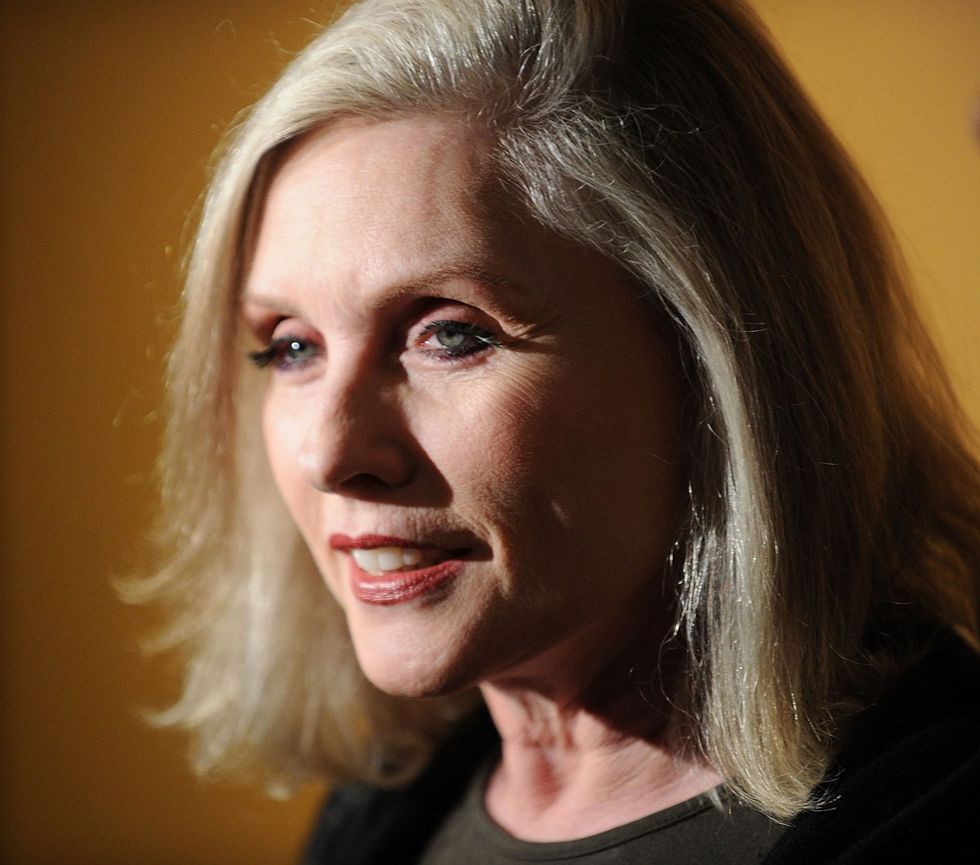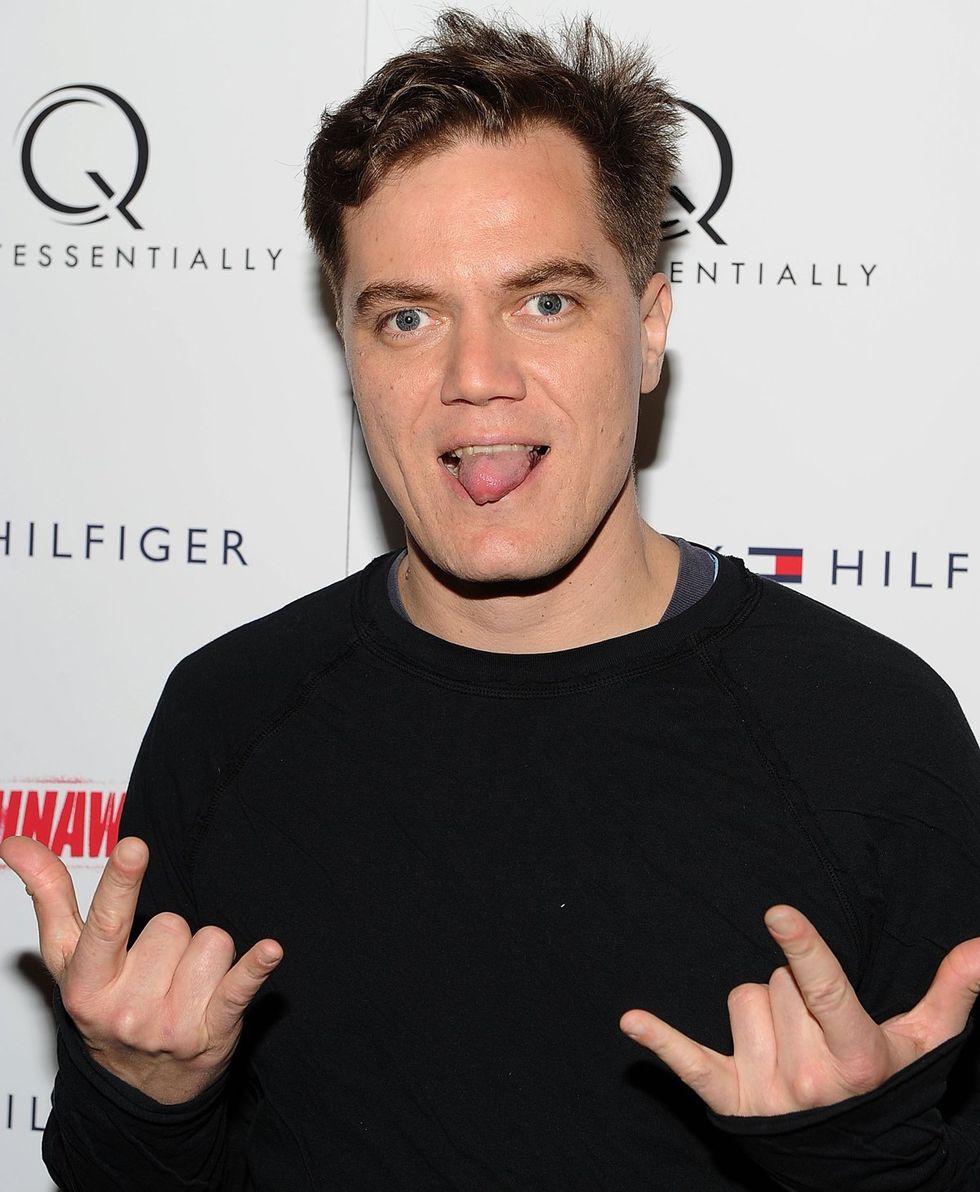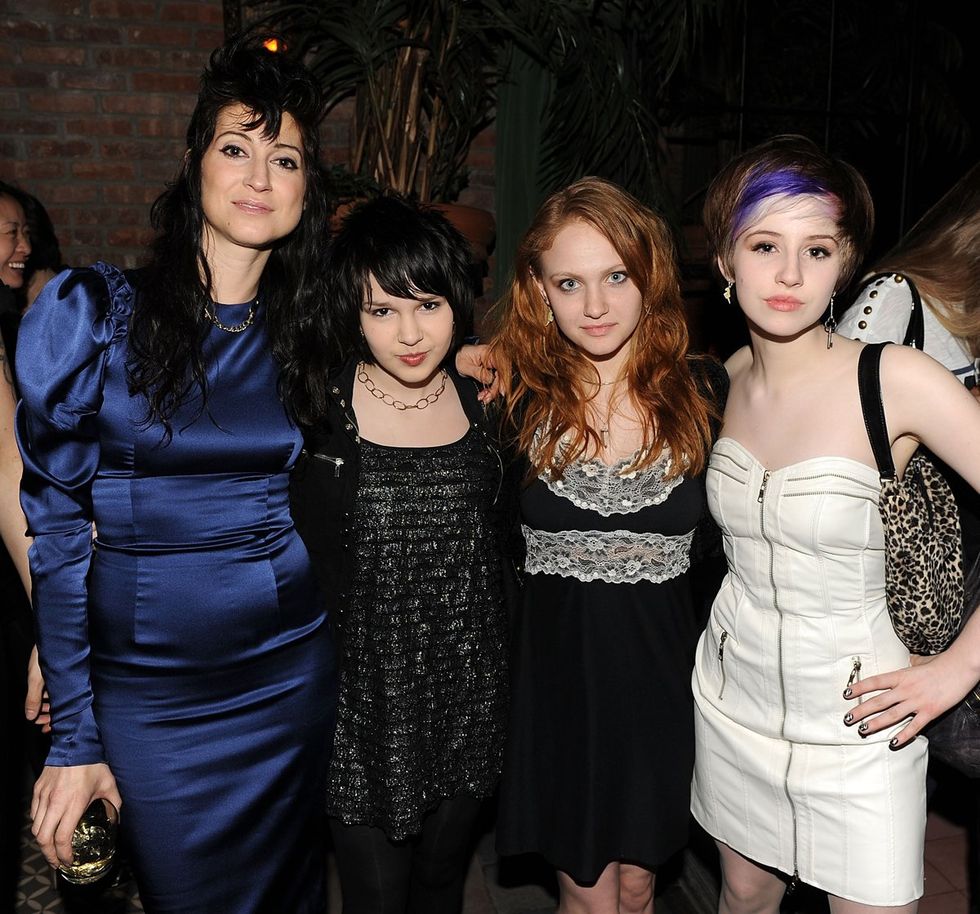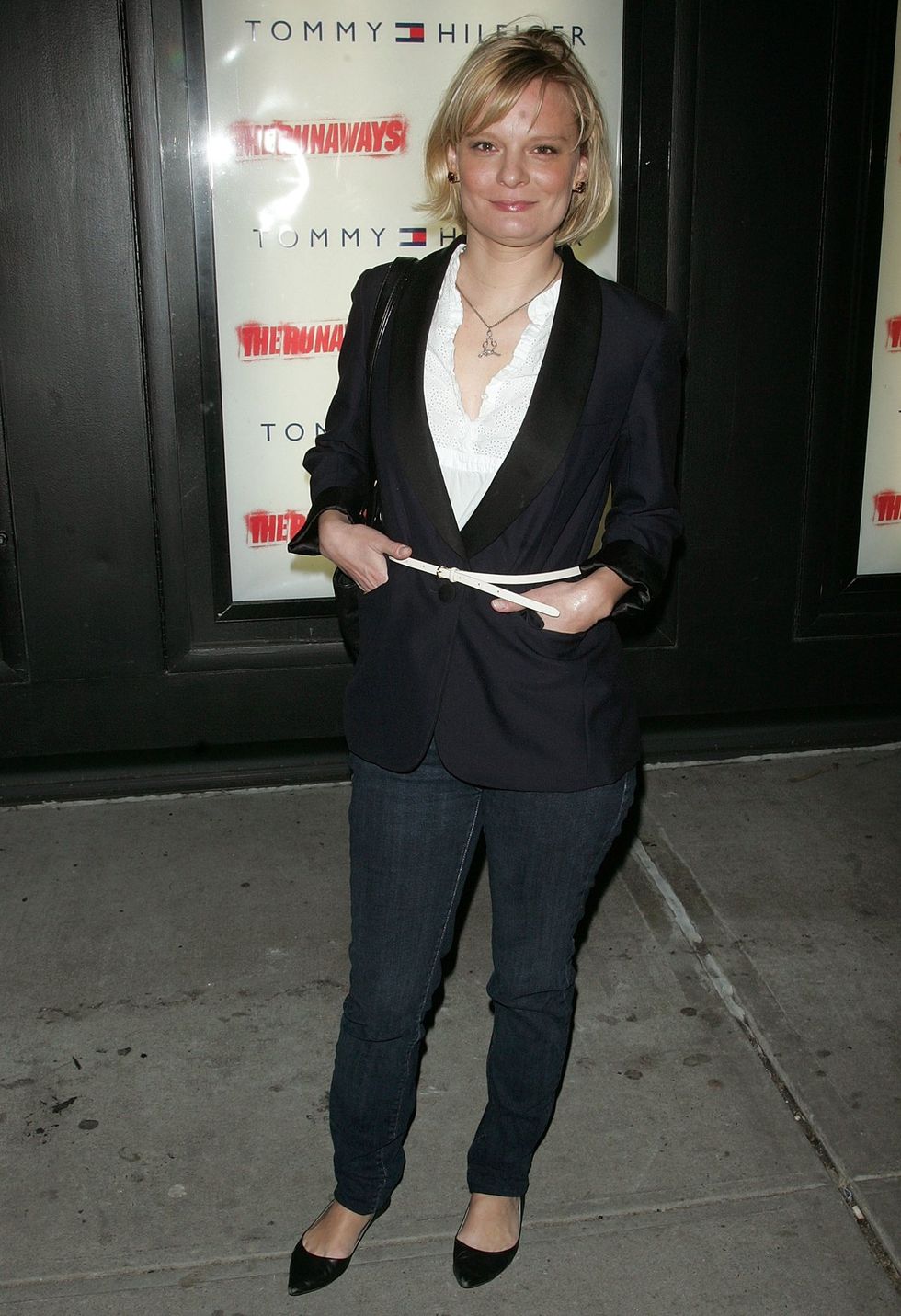Many people living an out and proud queer life either don’t know or forget about what it took to get us here. We still face a number of adversities, but the general acceptance of LGBTQ+ individuals has increased exponentially since the turn of the millennium. People who weren’t around before can’t imagine a place that doesn’t have some form of inclusion or means of moving toward overall equality.
When it comes to gay history, a lot of focus is put on the HIV/AIDS epidemic in the '80s and '90s that has still lingered and affected millions of lives in the present day. However, law enforcement in the '50s and '60s sought to arrest and brutalize anyone who identified as gay in places like New York City. A homosexual kiss or two men holding hands was a jail sentence, and police constantly raided gay spaces, with some bars shut down by state liquor authorities for violating the law.
All of that changed one fateful night on June 28, 1969, when a six-day protest outside the Stonewall Inn changed the course of gay and lesbian life forever.
What is the Stonewall Inn?
Dev Chatterjee/Shutterstock
The Stonewall Inn is a Greenwich Village bar in New York City that was registered as a private “bottle bar,” which means they didn’t have a liquor license and patrons were supposed to bring their own bottles. Owned by the Genovese crime family, it was purchased as a straight bar then quickly renovated before it reopened as a gay one. According to the PBS documentary Stonewall Uprising, the bottles of liquor were stolen and the drinks were watered down and overcharged, making the Stonewall Inn a source of complete profit for the family.
Although police raids were common in the '60s, Mafia payouts usually meant they received tip offs when raids would happen at their bars. This gave them the chance to hide the bottles they sold without a liquor license and clean up any other illegal activity that may be occurring. At the Stonewall Inn specifically, said illegal activity usually involved queer patrons trying to keep their sexuality a secret. Gay men liked to come here because it was one of the few, if not only, gay bars left that allowed any dancing.
What is the Stonewall Uprising and why did it happen?

Christopher Penler/Shutterstock
Even though the Stonewall Inn had a tipped-off raid just days before the ones that changed history, police enacted another one in the early hours of the morning on June 28, 1969 that came as a surprise to everyone. Law enforcement showed up with a warrant, then proceeded to beat the patrons and make arrests. Female officers took suspected cross-dressers into the bathroom to identify their sex and determine if they were in violation of the state’s gender-appropriate clothing statutes. Others were manhandled and forcefully thrown into police vans.
To the police’s surprise, the usually cooperative(ish) group had had enough. The raid turned into a standoff, and it wasn’t long before the police, a Village Voice writer covering the event named Howard Smith, and a few prisoners were barricaded in the bar as people repeatedly tried to hurt them and burn it down. It lasted the rest of the night, and although the fire department was able to split it up in the morning, it went on to continue for another five days.
Part of the fuel behind the fire came because of the Voice article written by Smith, as well as another by Lucian K. Truscott IV that angered gay activists with its use of the word “f****t.”
What's the importance of the uprising in queer culture?

Rafael Rivest/Shutterstock
The events that occurred at the Stonewall Inn are often referred to as the “Stonewall riots,” though activists and Stonewall Veterans prefer to use the term “uprising” instead. Although what happened at Stonewall didn’t start the gay rights movement itself, which had begun in 1920 and made some headway, it heavily contributed to the shift in direction due to its media coverage. Plus, a year later, the first Pride event began on June 28, 1970 to commemorate what had been fought for during that time.
A number of still-operating activist groups came out of it, too, including GLAAD, PFLAG, the Gay Liberation Front and the Human Rights Campaign. Back in 2016, then-President Barack Obama declared the Stonewall Inn, Christopher Park,and the surrounding streets and sidewalks a national monument to recognize the area’s contribution to gay rights.
The Street Transvestite Action Revolutionaries (STAR) was also founded in 1970 by the legendary activists Sylvia River and Marsha P. Johnson, who dedicated themselves to the street people and those most in need of community.
The lasting impact of the Stonewall Uprising

Warren Eisenberg/Shutterstock
The Stonewall Uprising is a landmark event in queer culture that needs to be remembered at all times. It occurred during a time of civil unrest, when people like Rosa Parks refused to be bogged down by oppression that had held people back for years. It was the result of decades’ worth of pain, torment, and torture to queer people.
Conversion therapy had already been in effect for nearly 30 years, and it declined after what happened at Stonewall. It was so bad that people like Alan Turing, who’s credited for the creation of the modern computer, was chemically castrated and punished for his homosexuality, which many believe led to his suicide.
Without the brave people who stood up for what they believed in, and the other activists who had helped pave the way before them, who knows what state the world would be in now when it comes to gay rights. It’s hard enough as it is sometimes, and we often take steps backward instead of forward. It takes events like this, and the memory and celebration of them, to inspire people in the present day to continue to stand up for what they believe in, which is never a laughing matter.










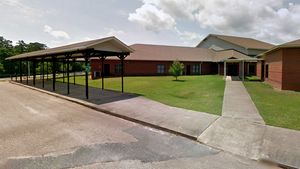




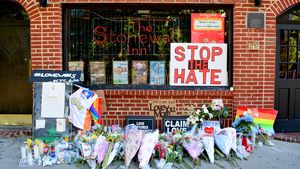














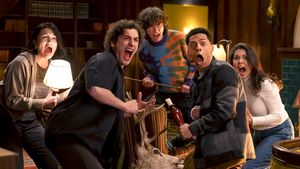



























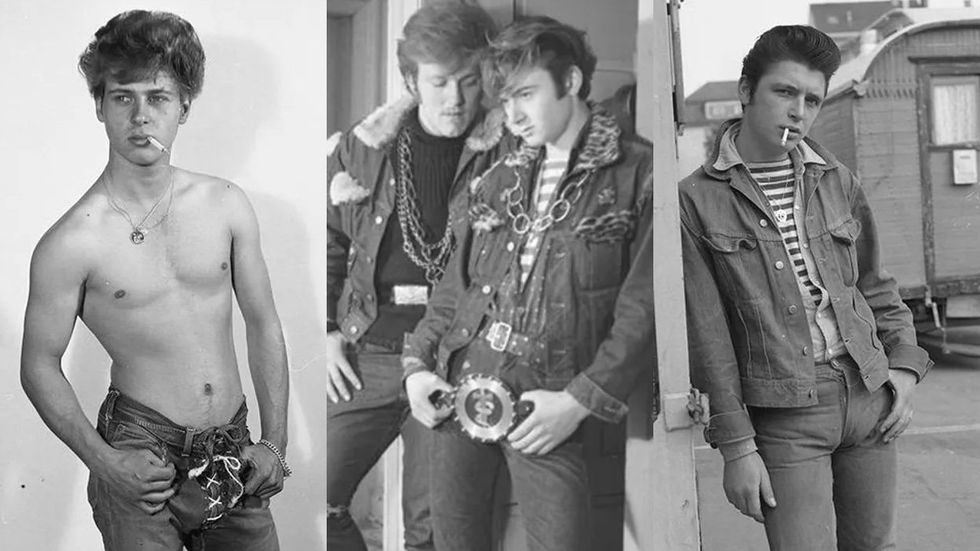
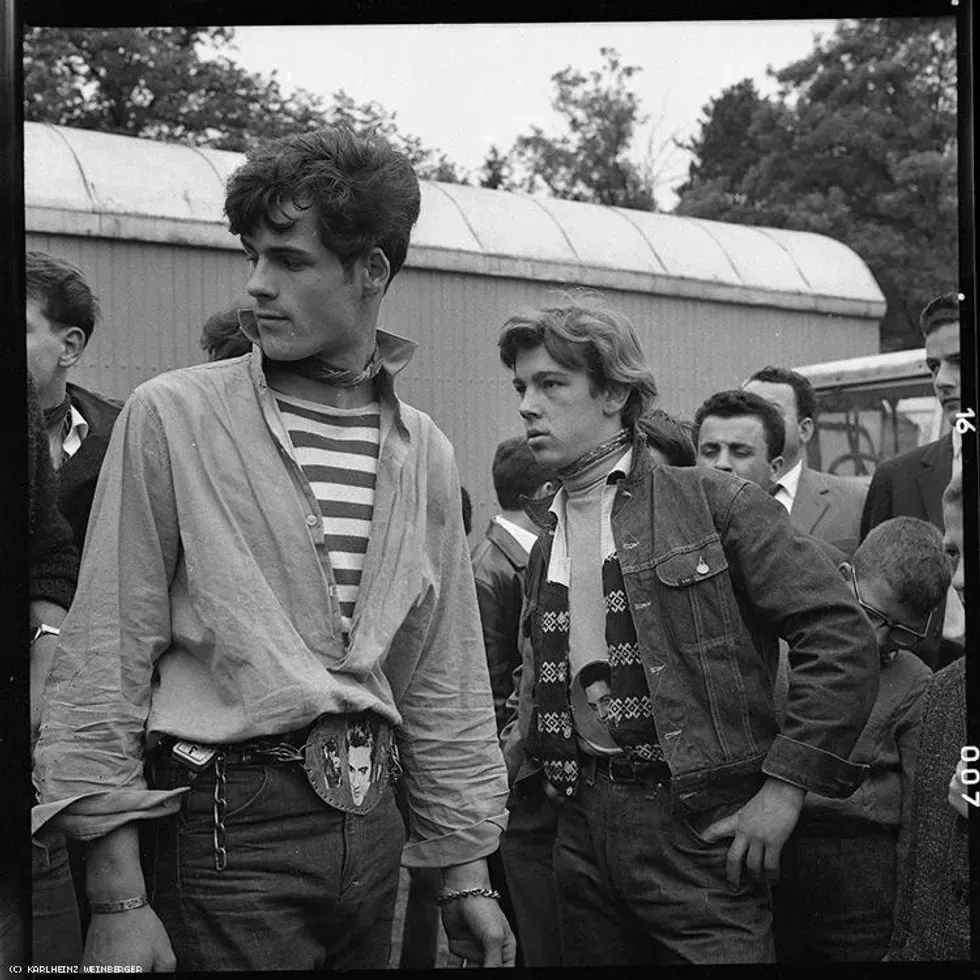
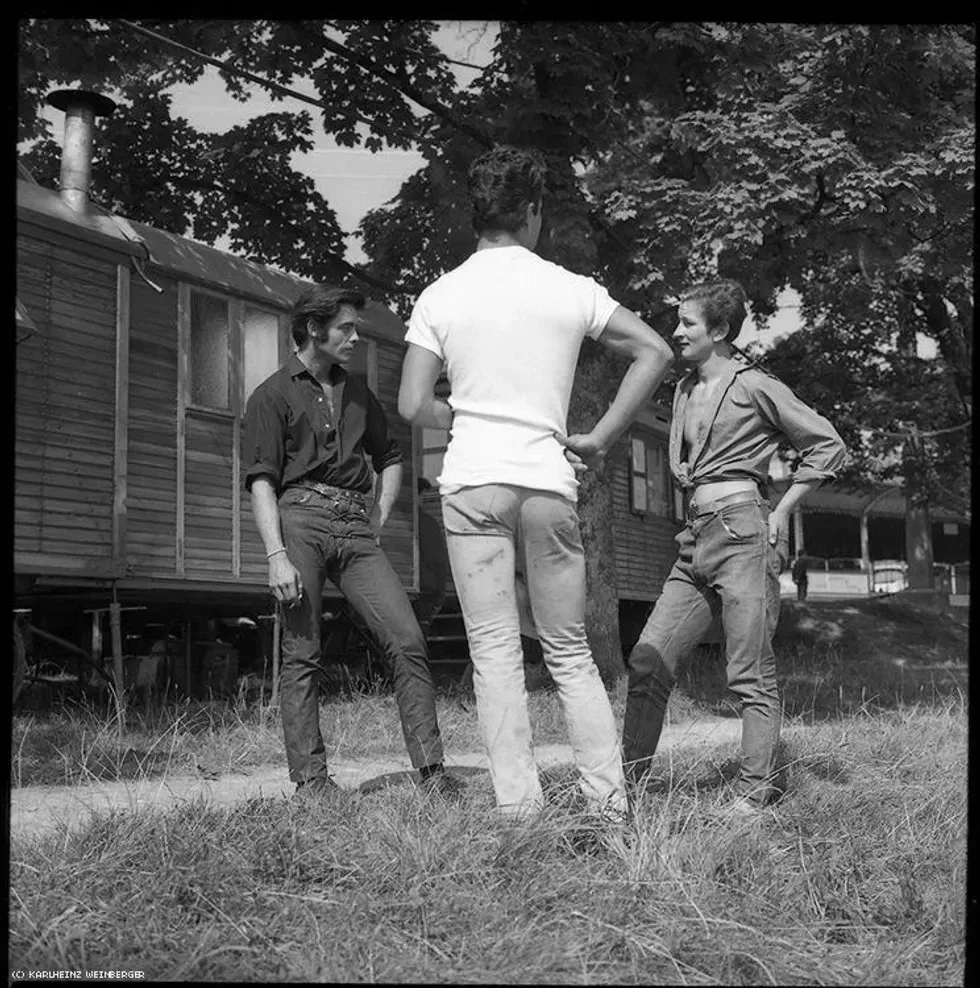
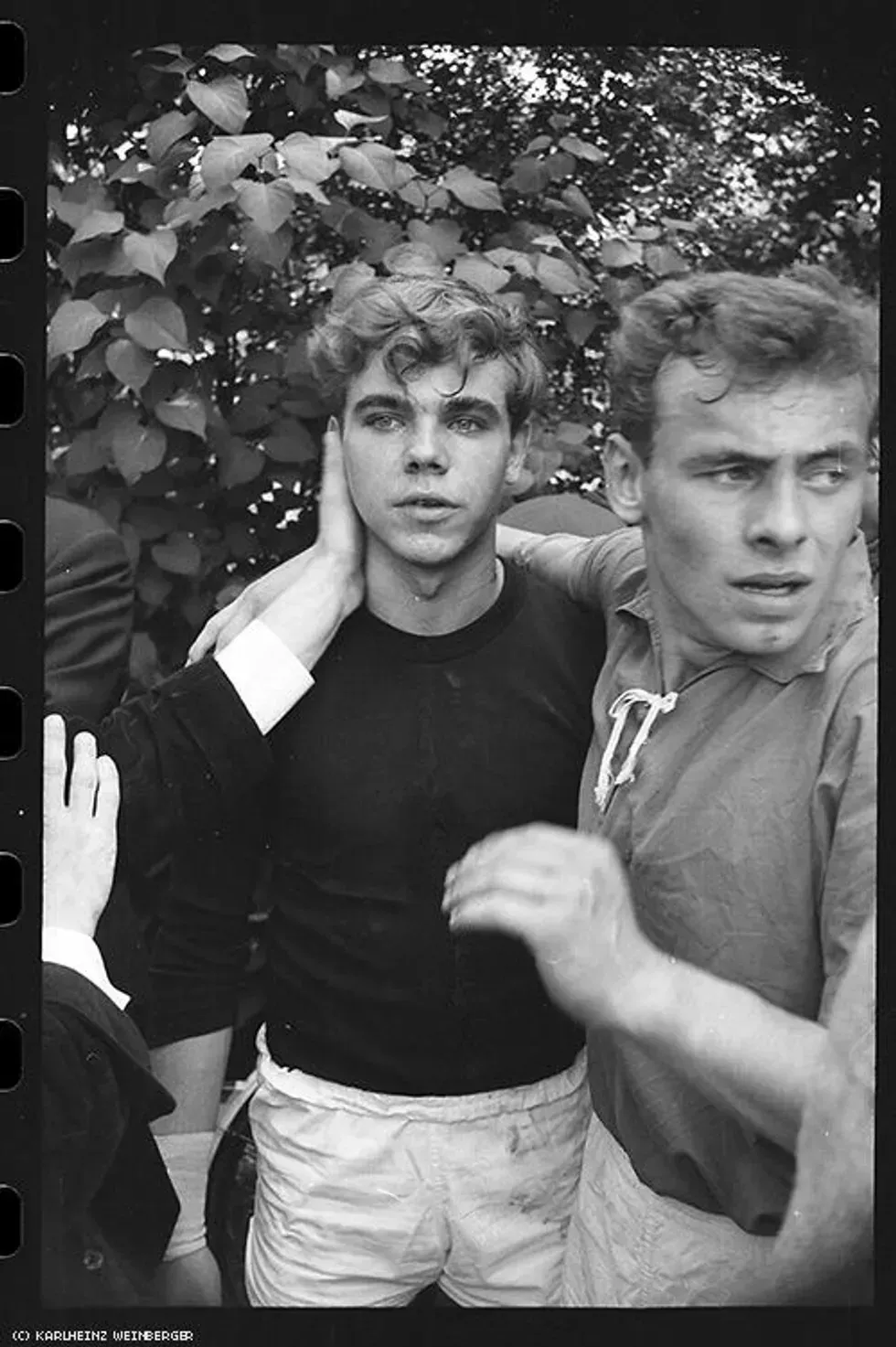
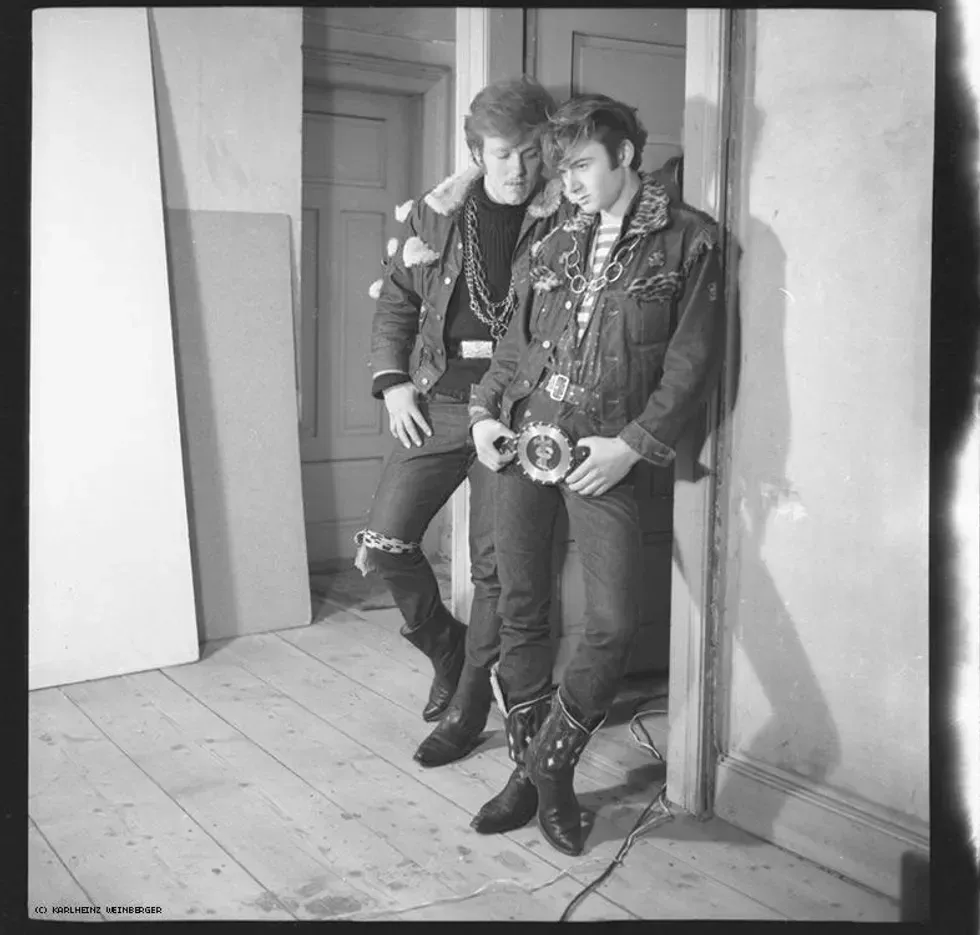

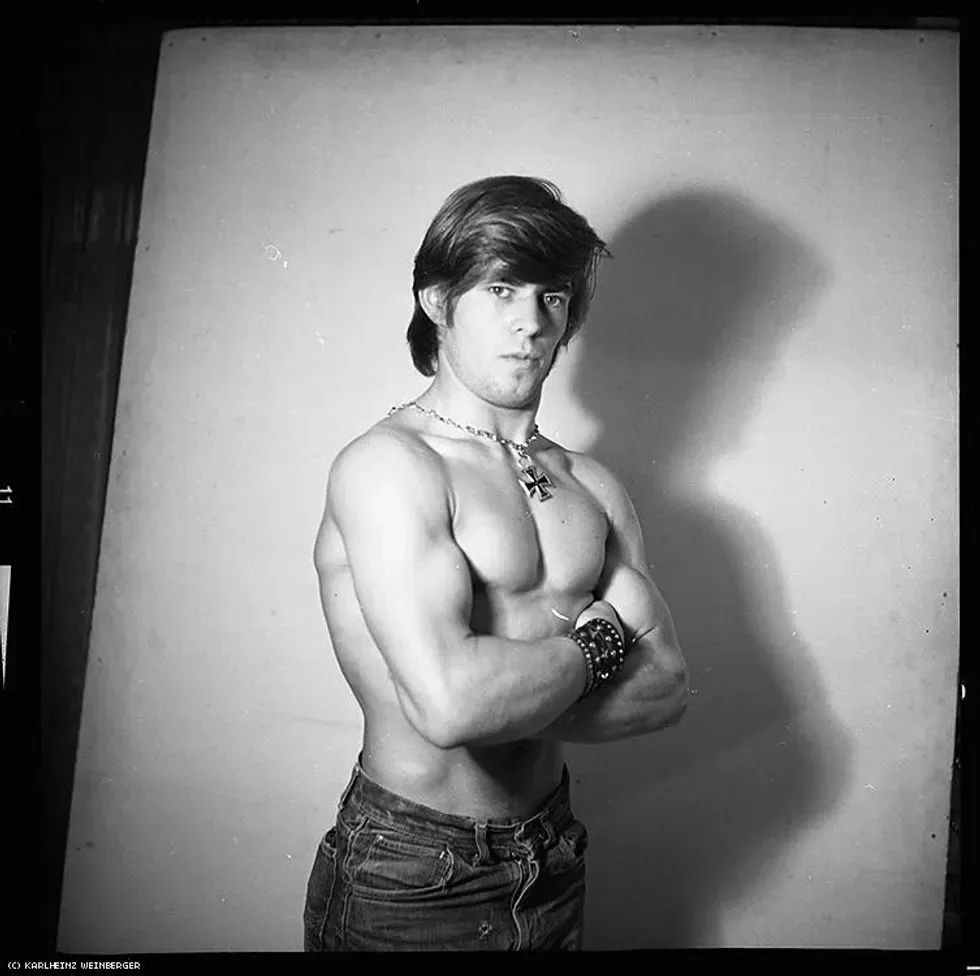
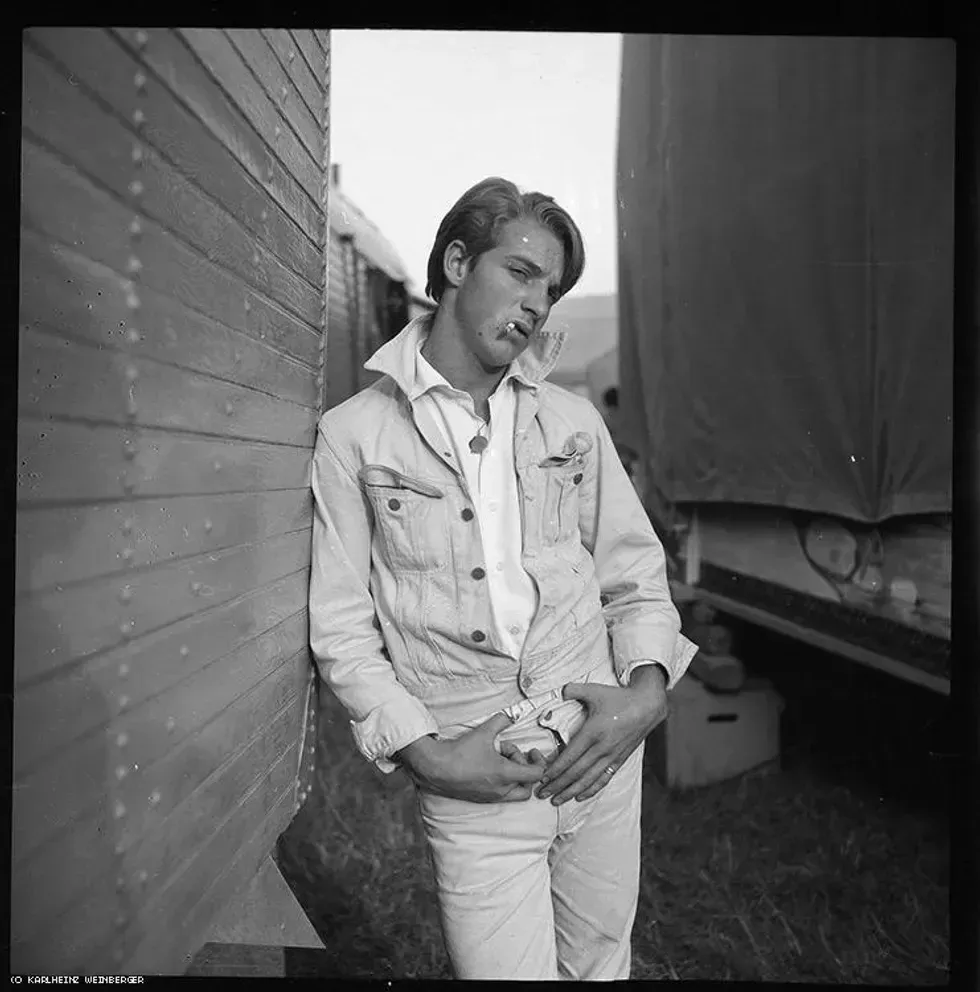
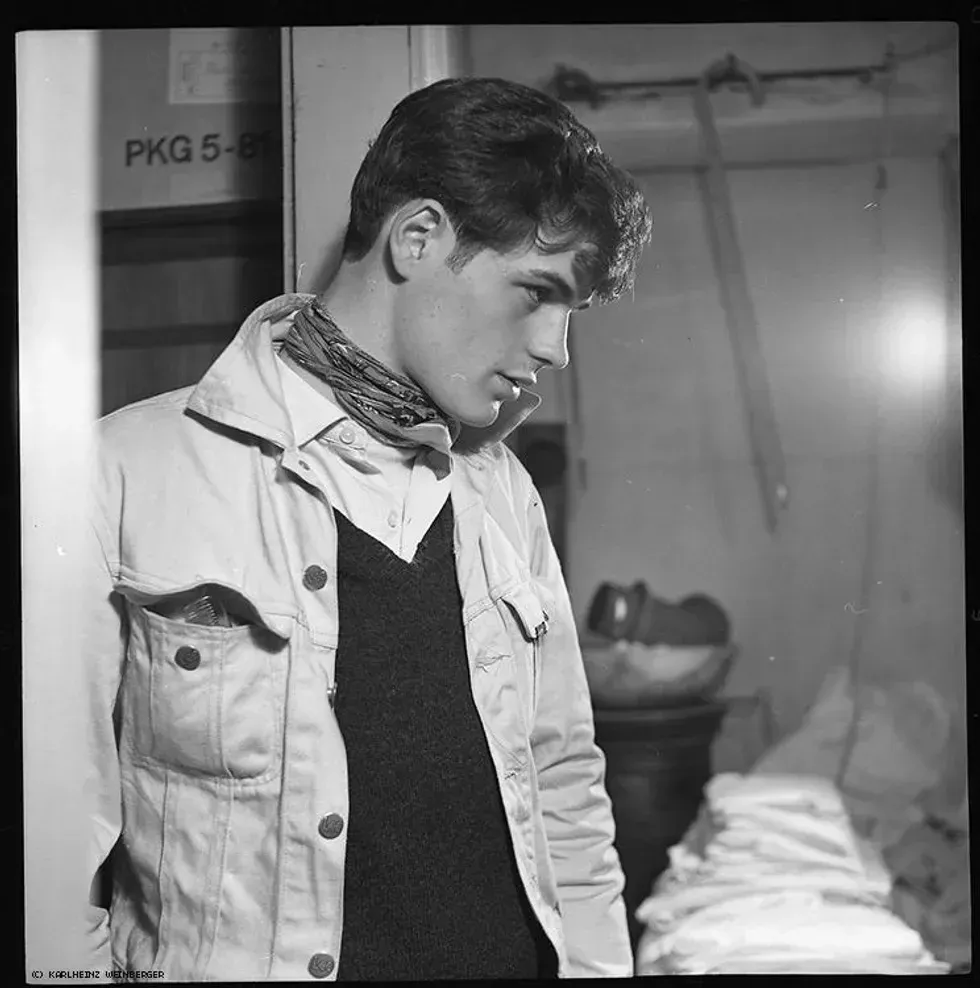
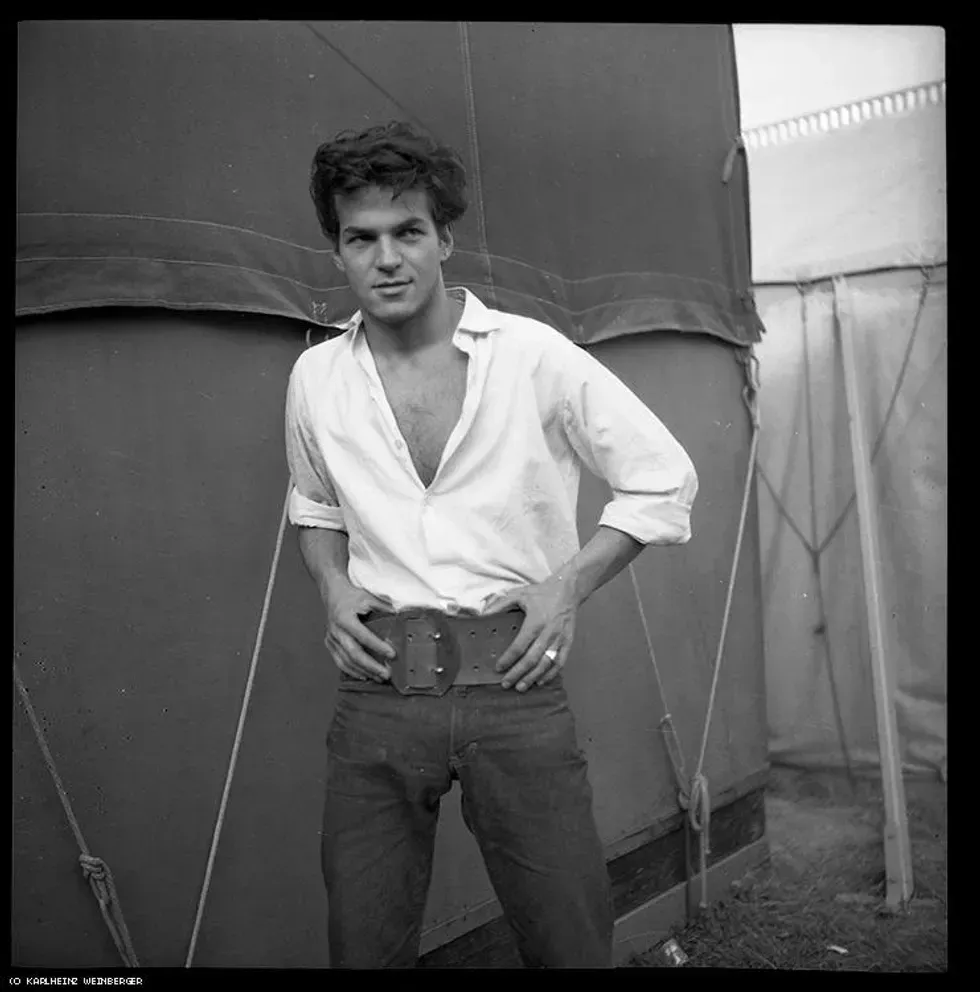
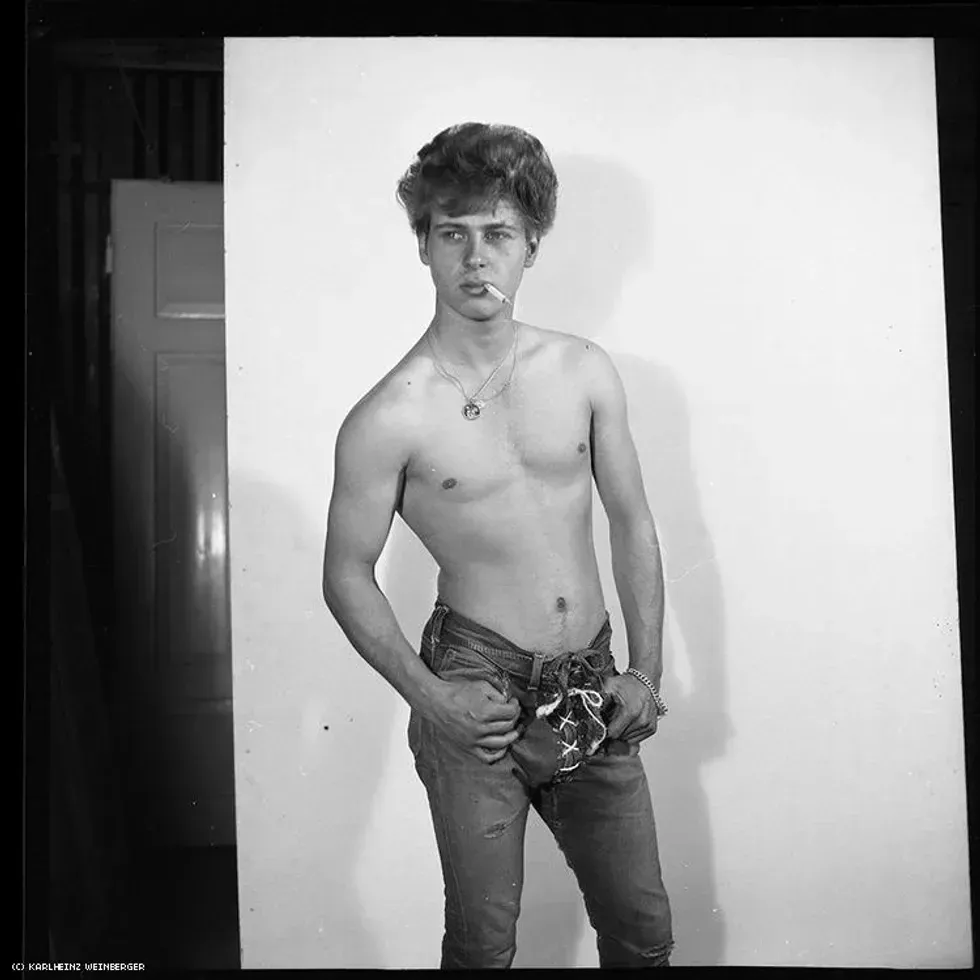
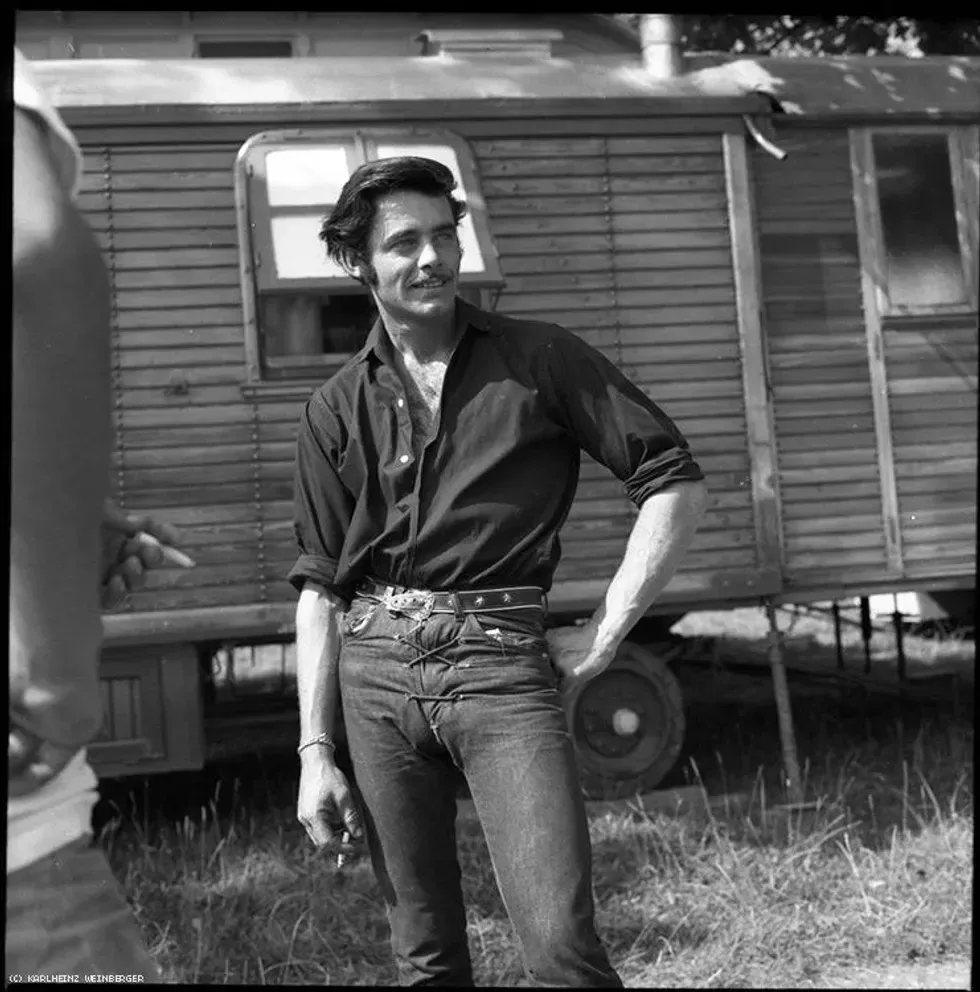
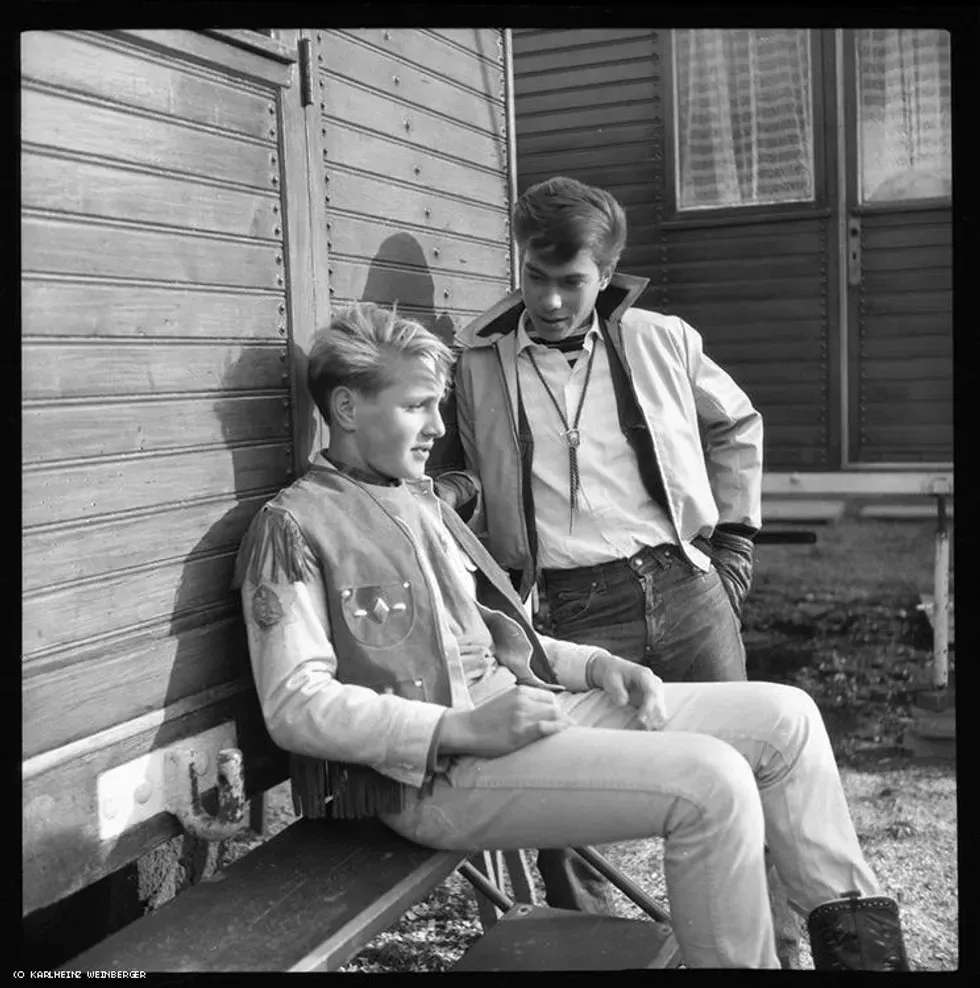

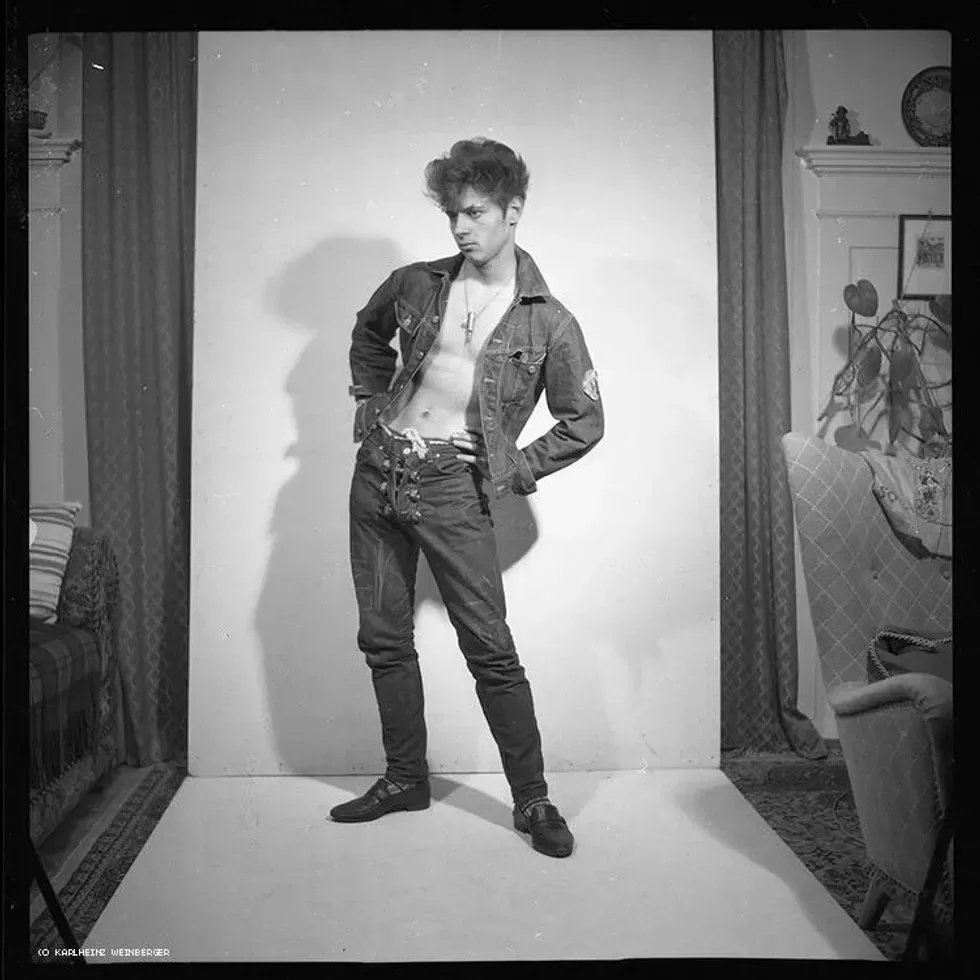
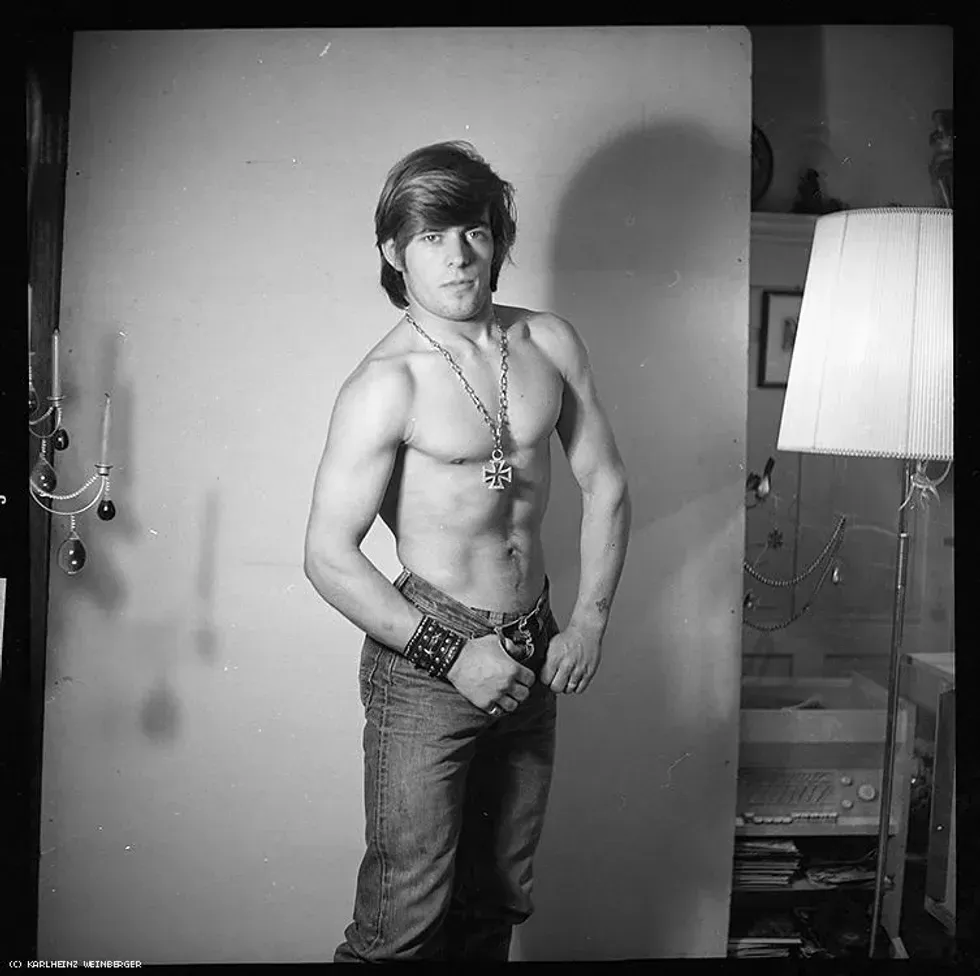

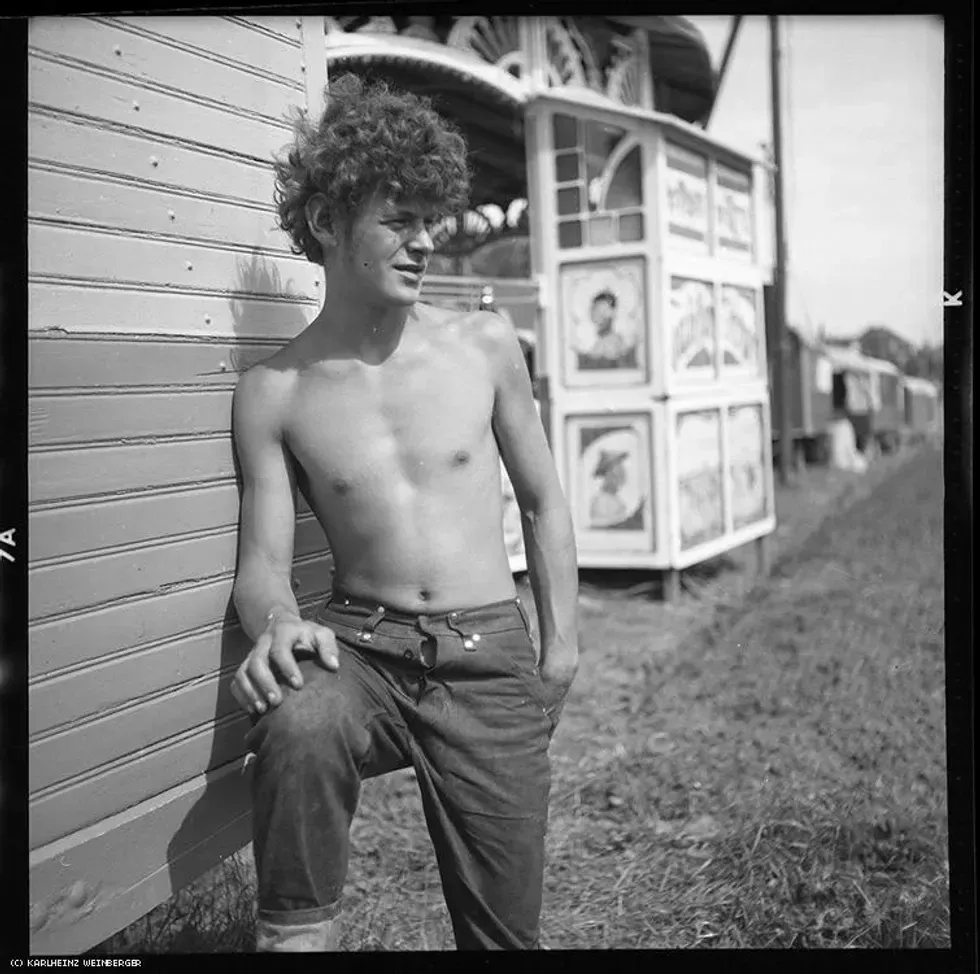
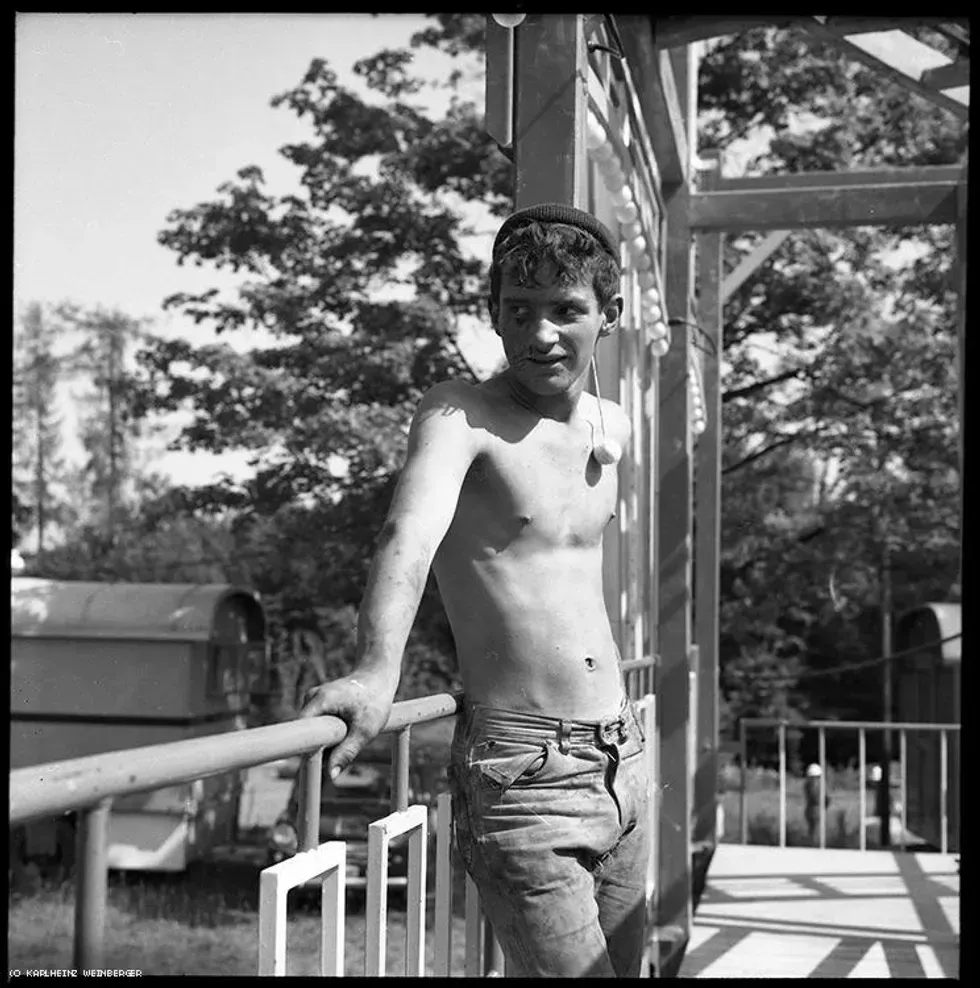
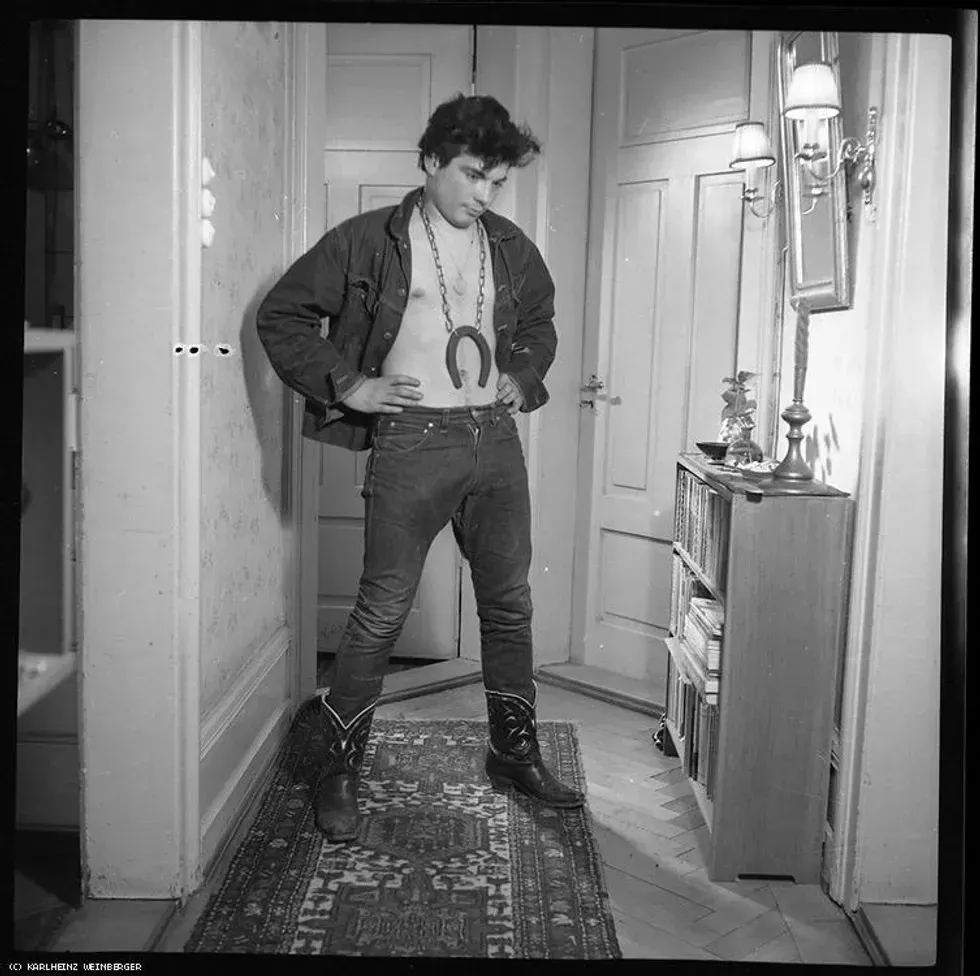
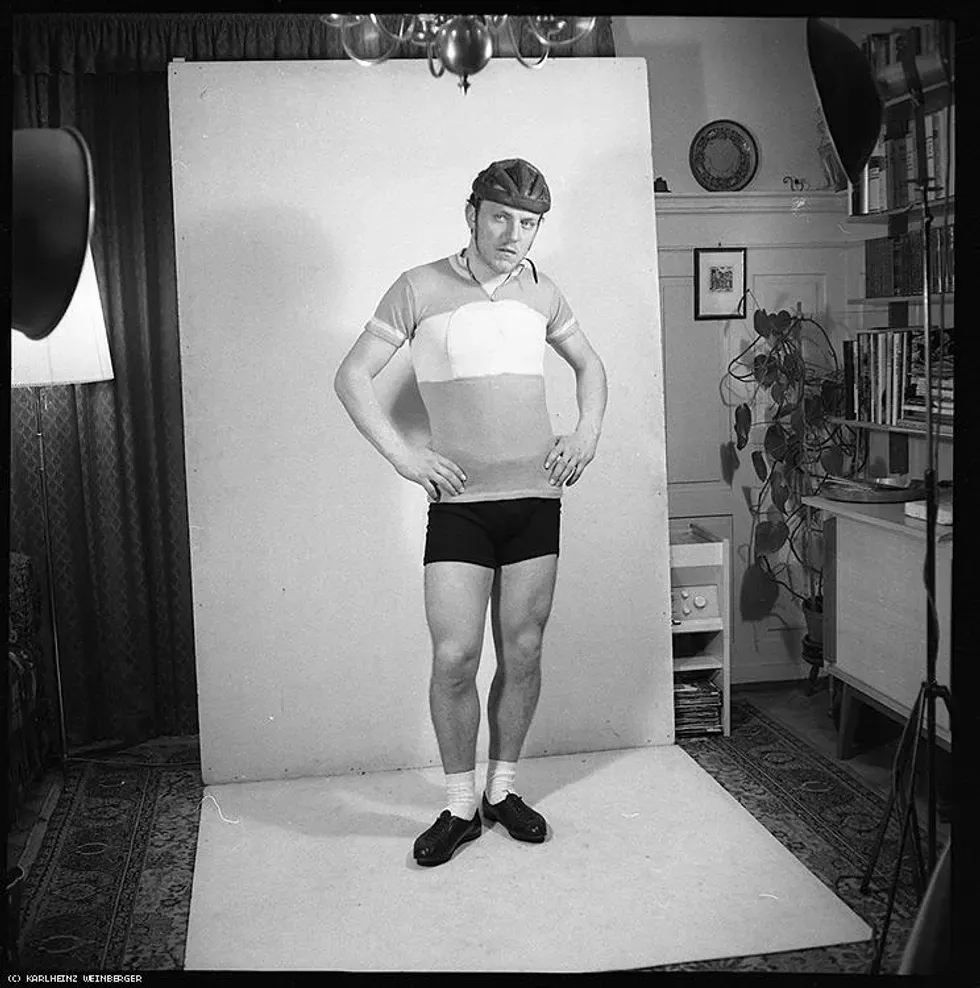
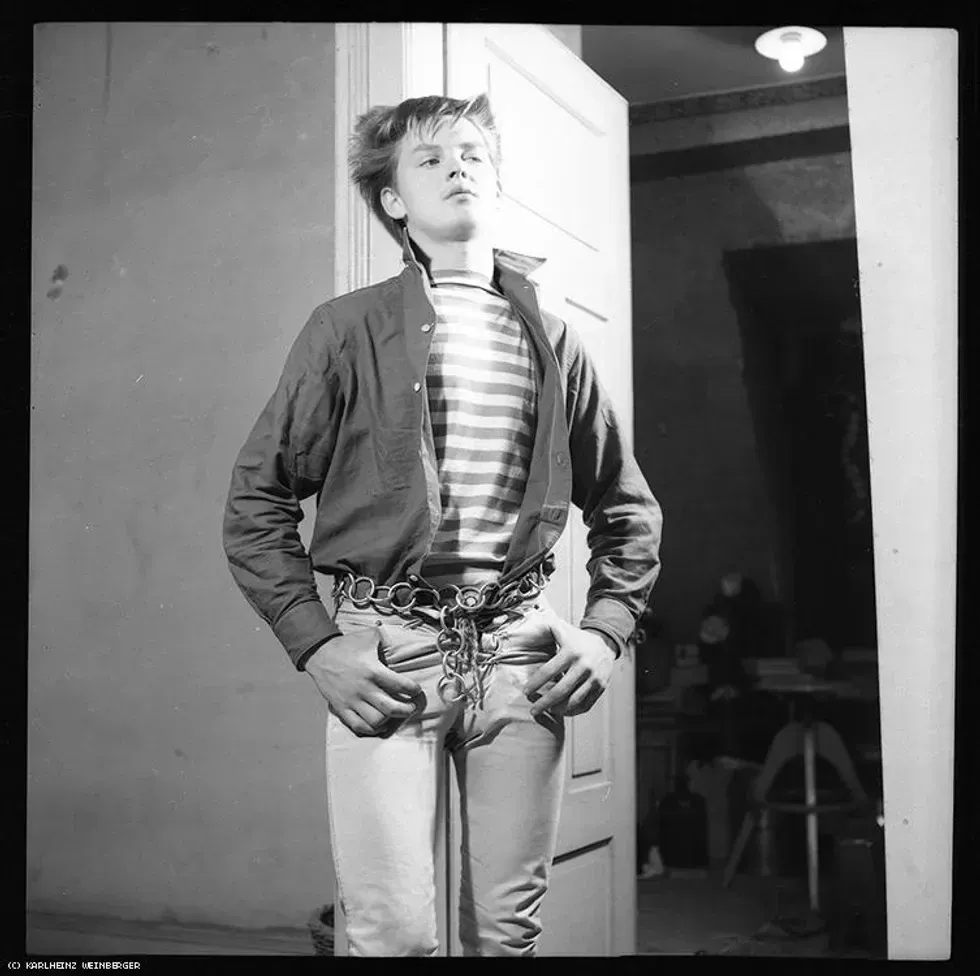
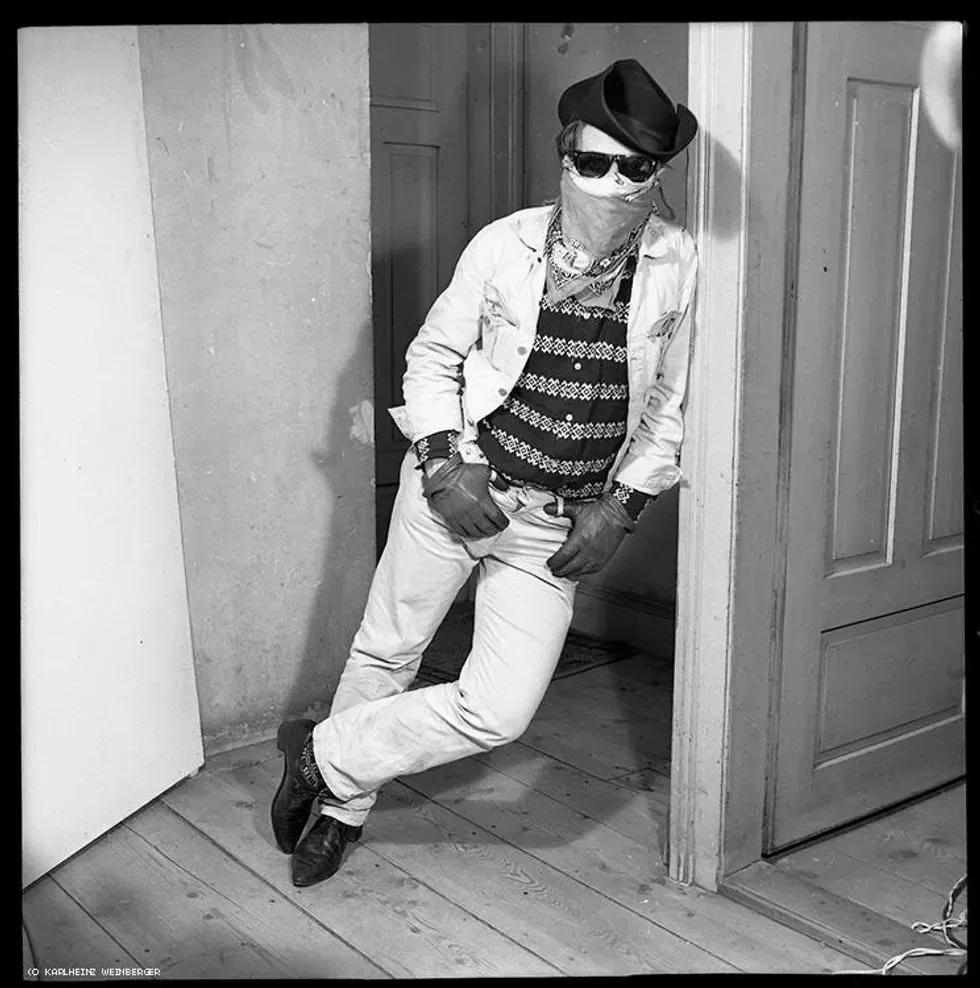
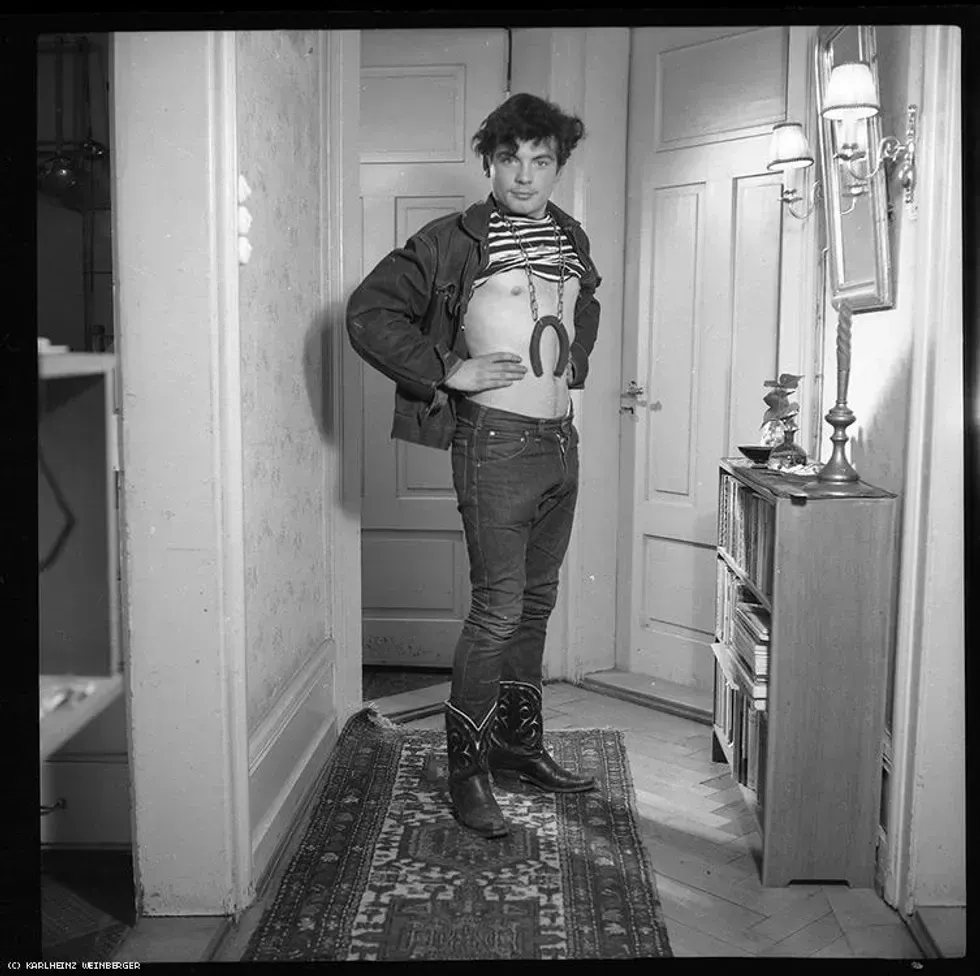
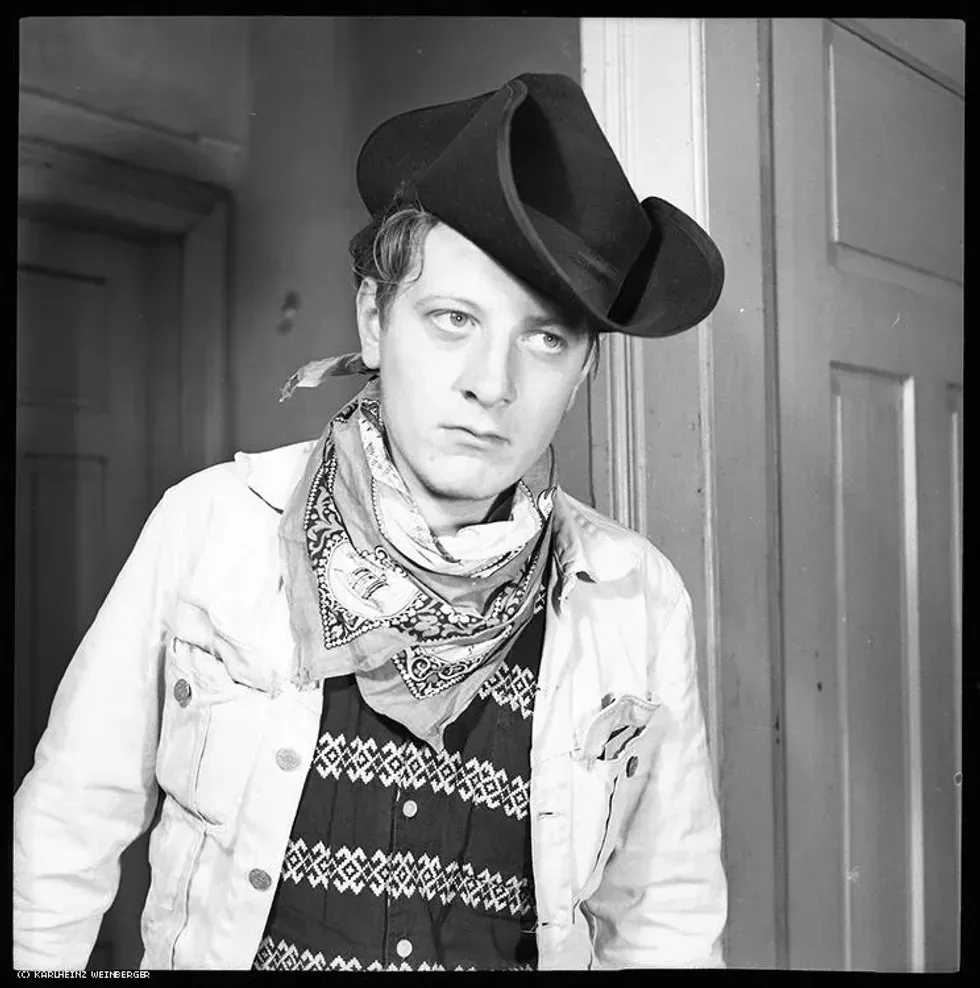
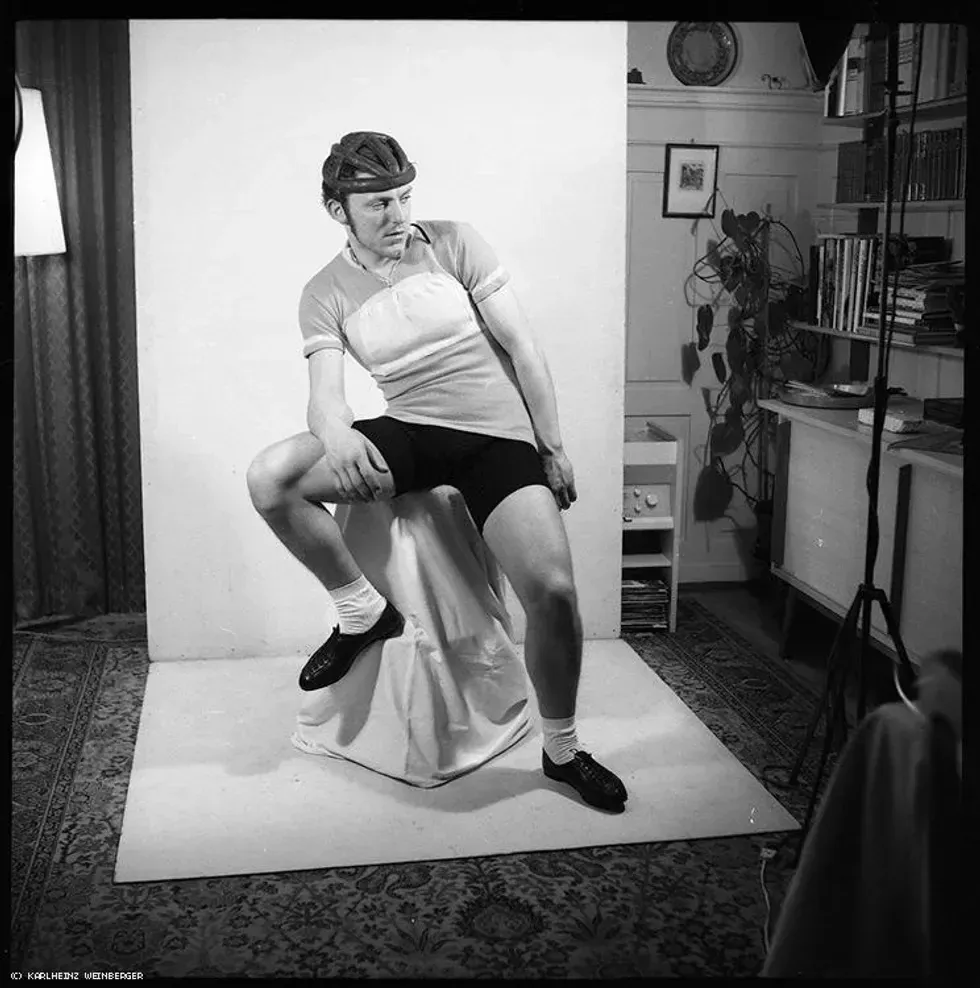
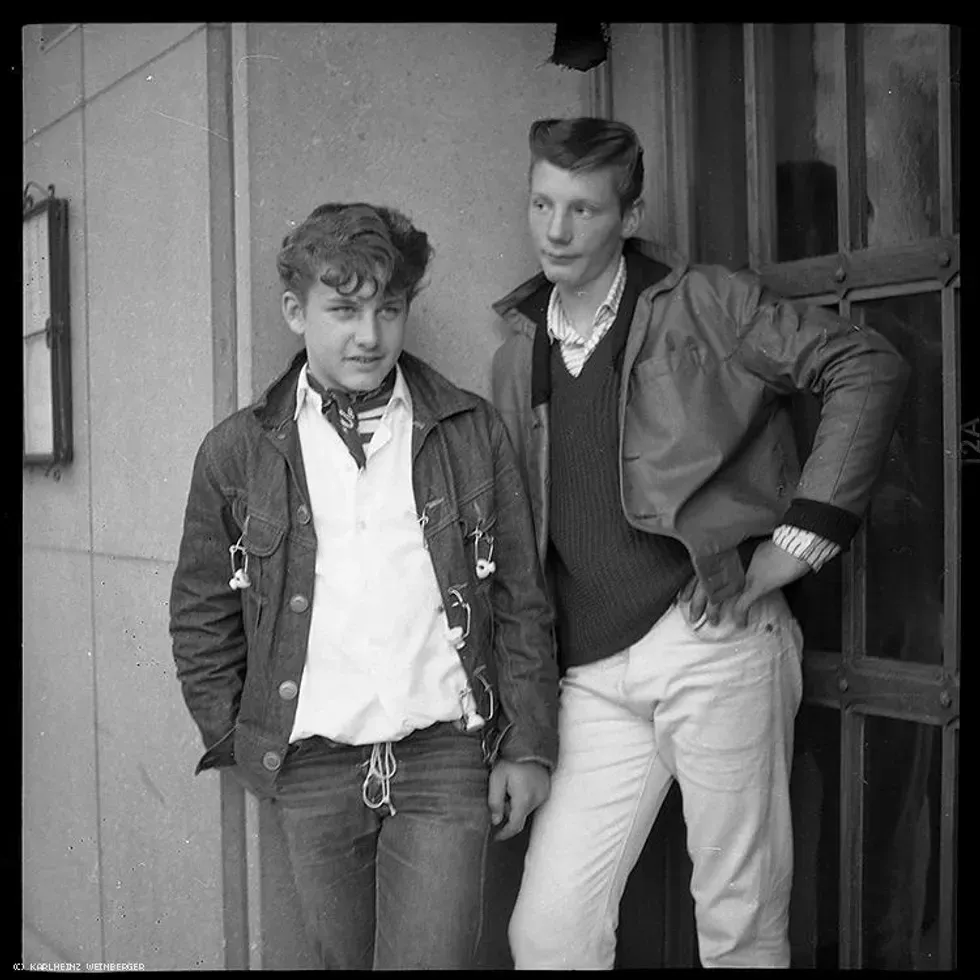
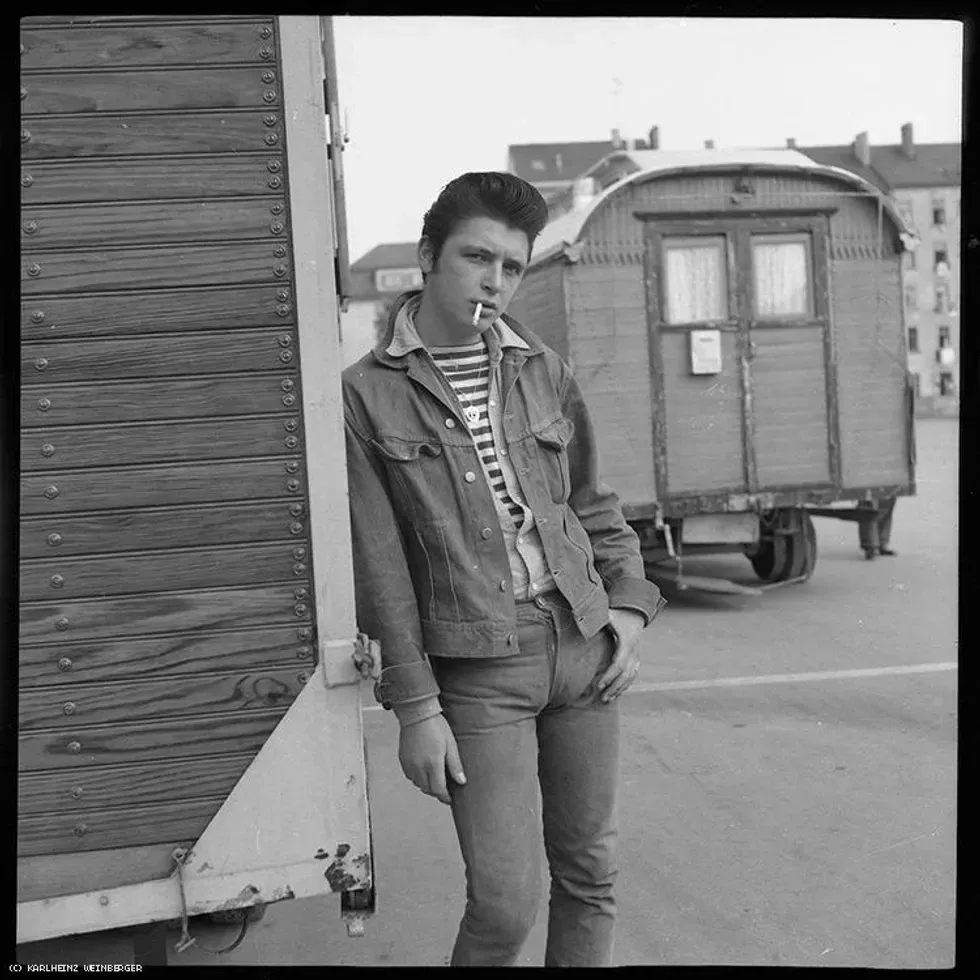
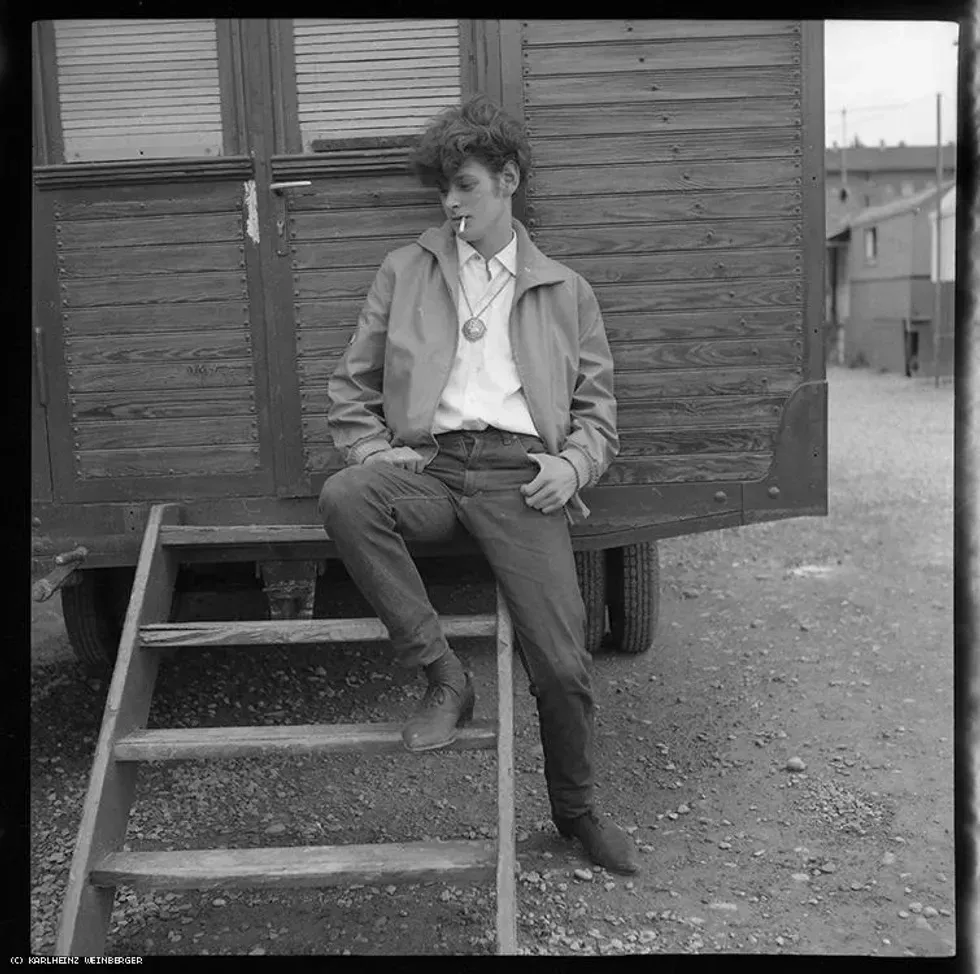
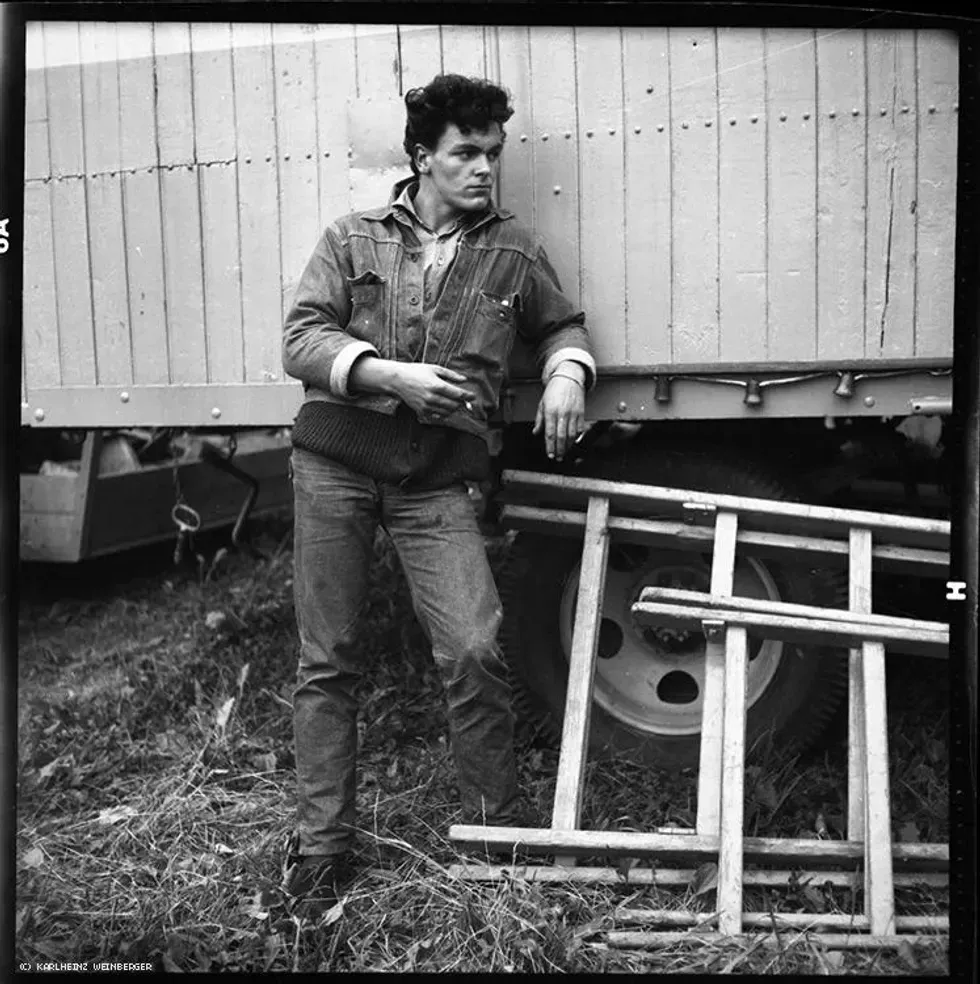

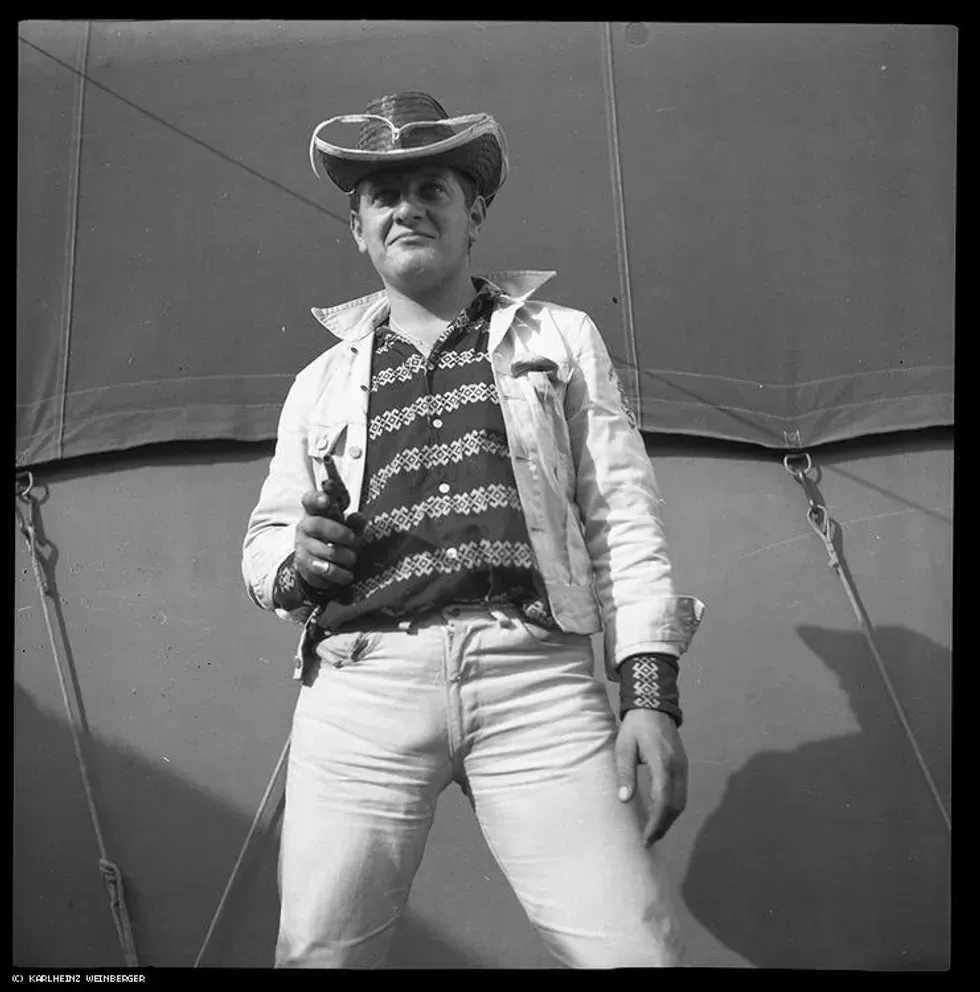
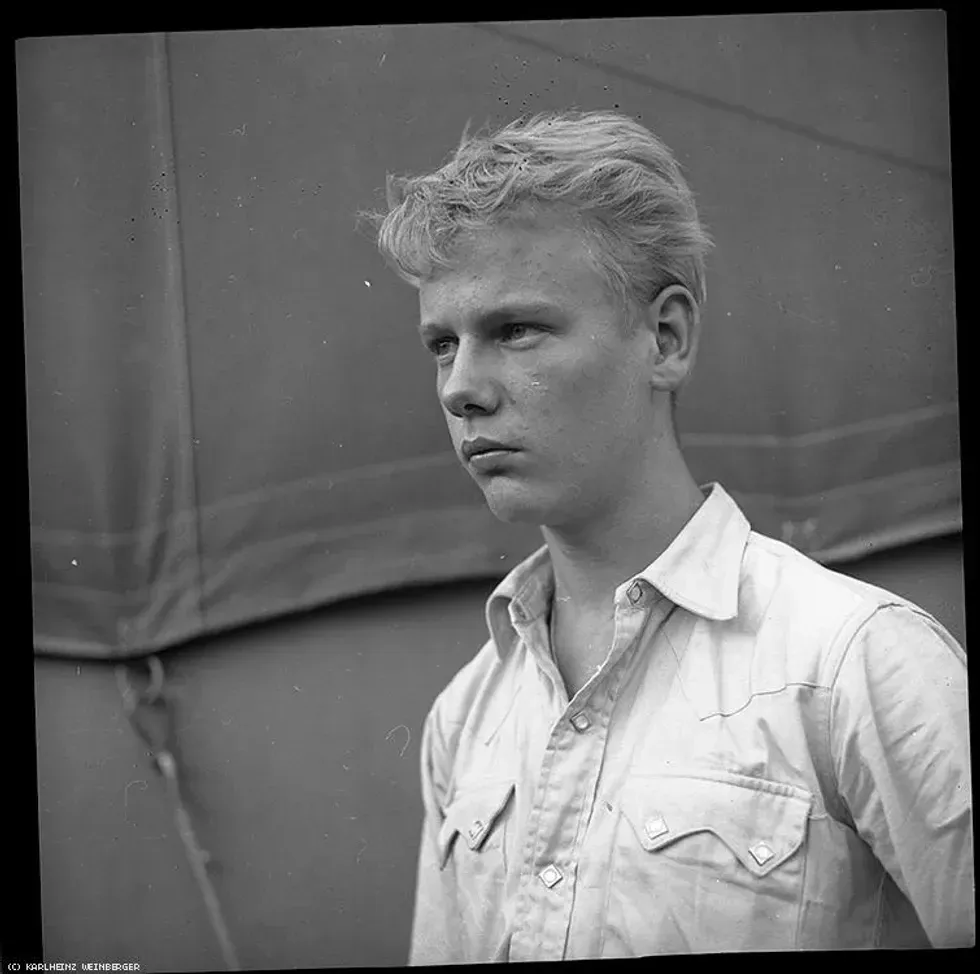







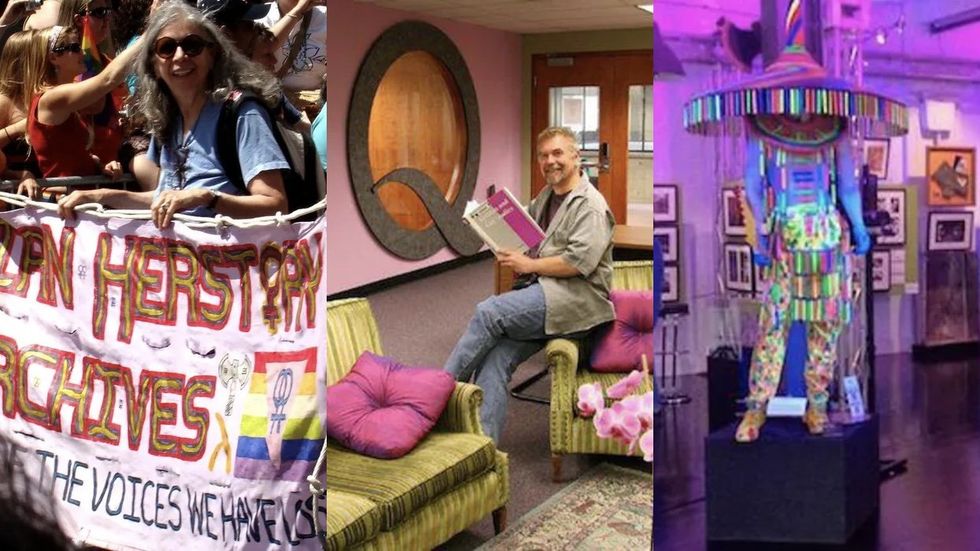
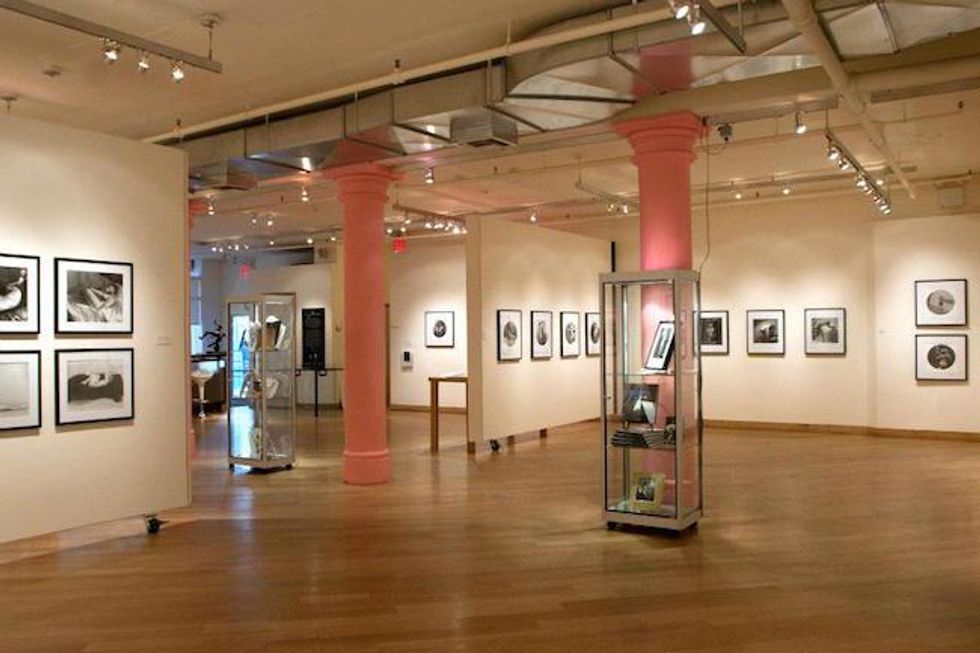
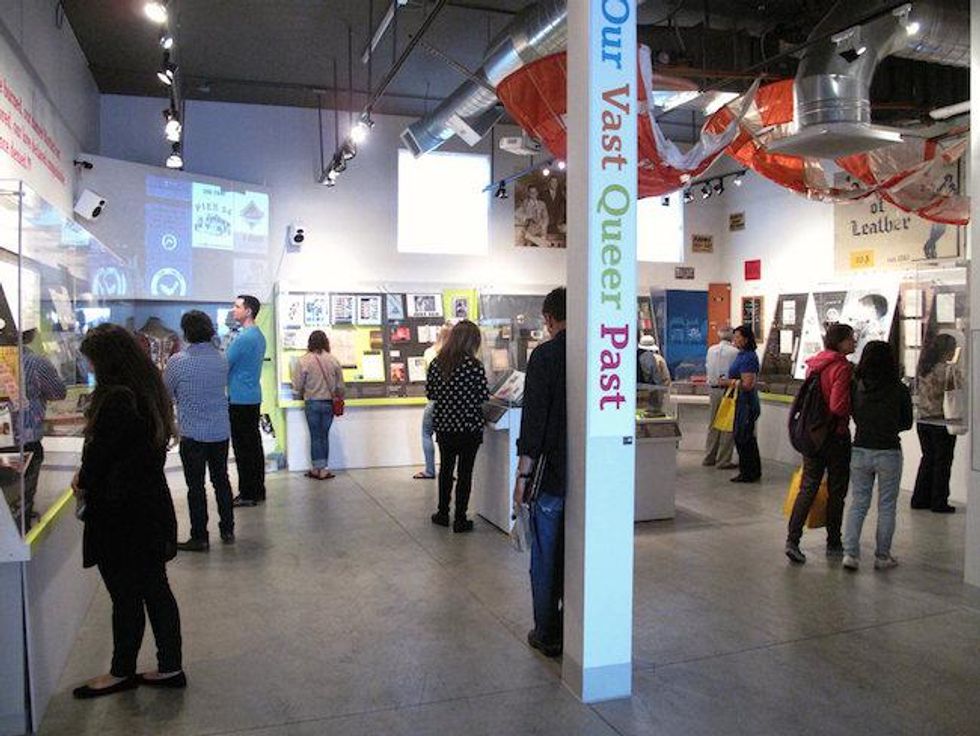
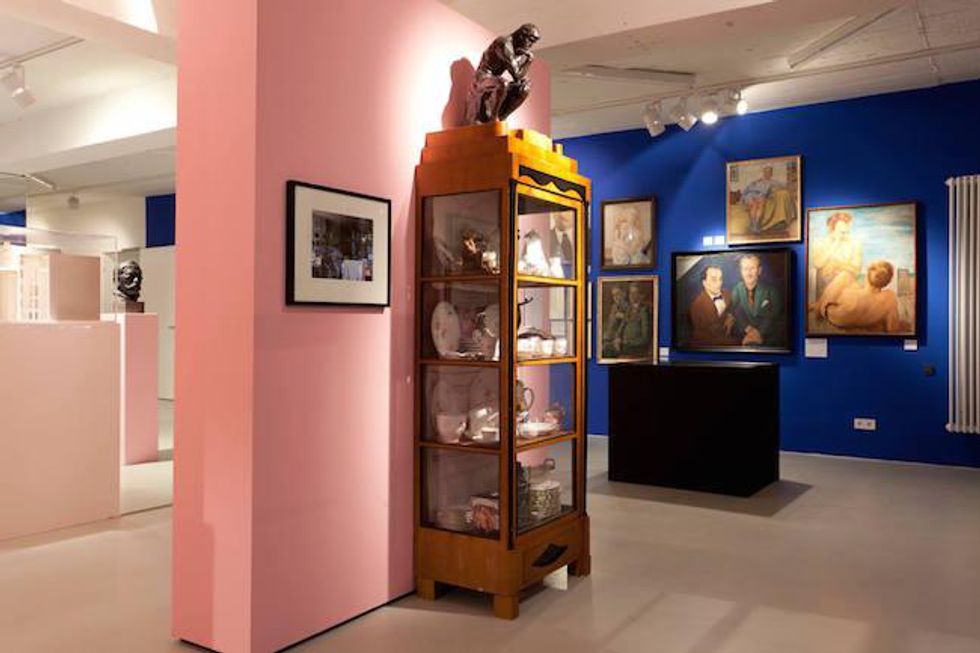
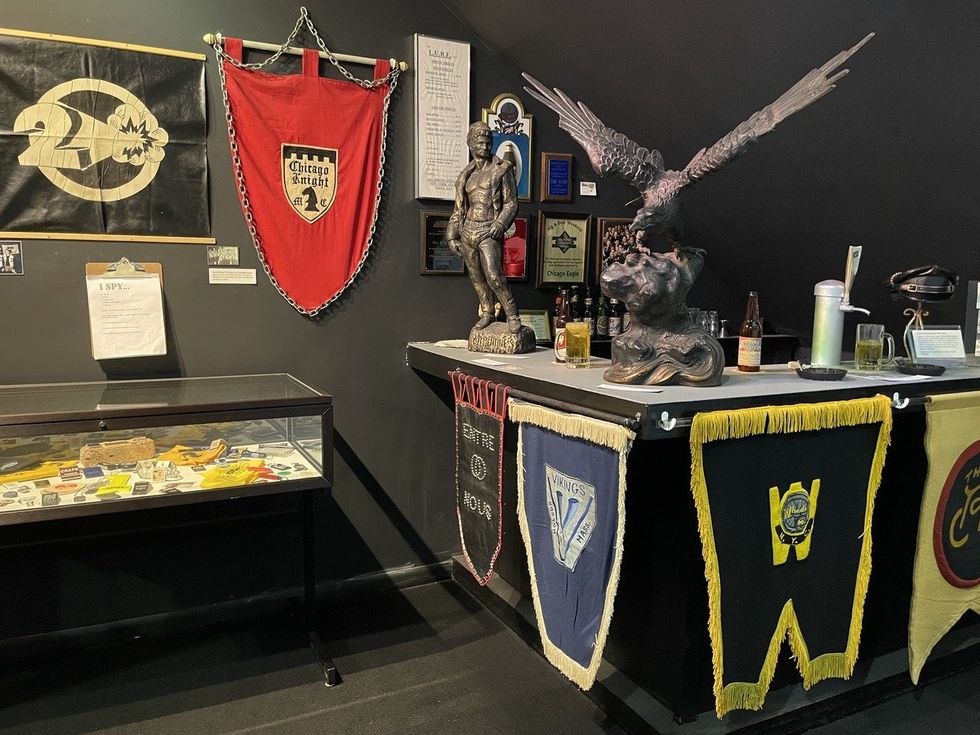


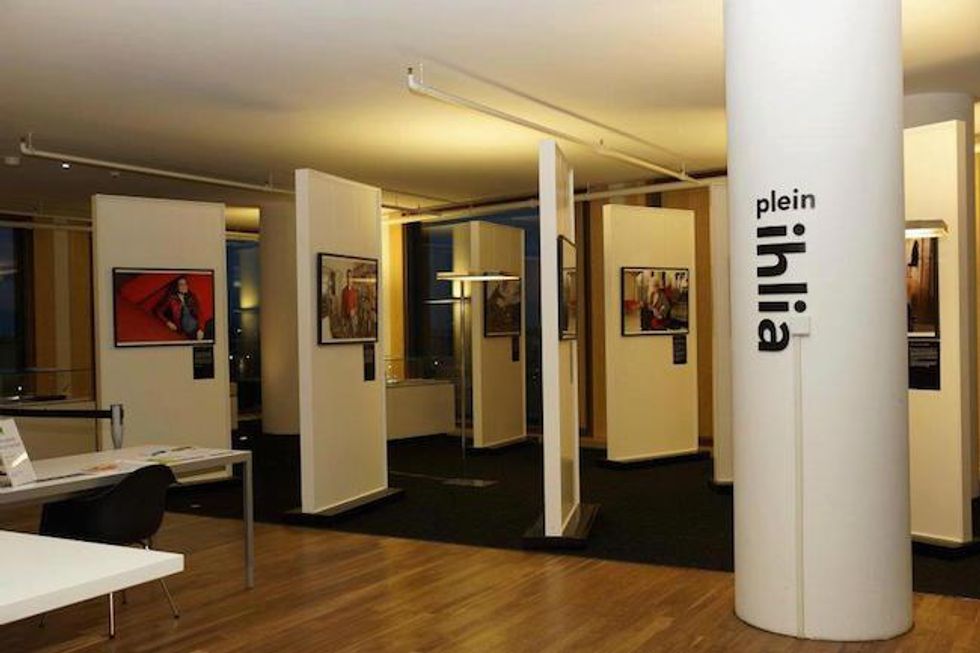
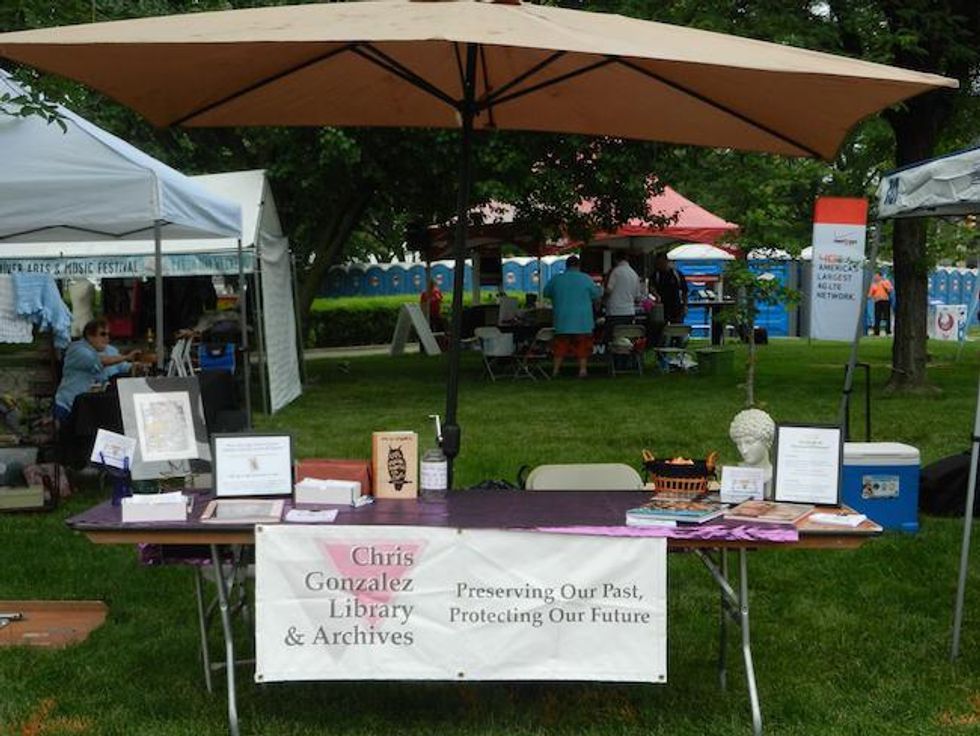
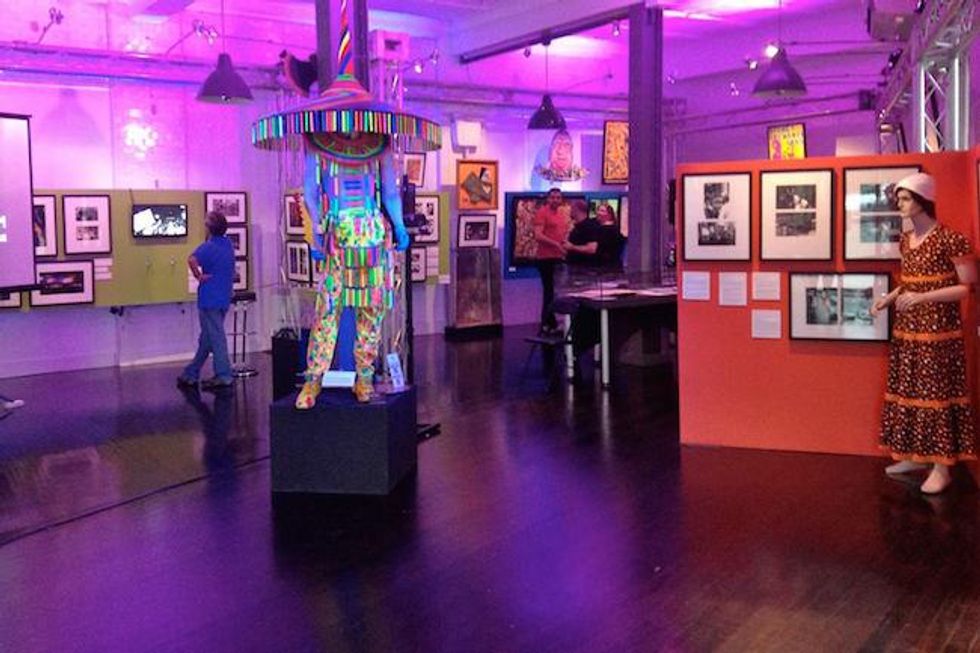
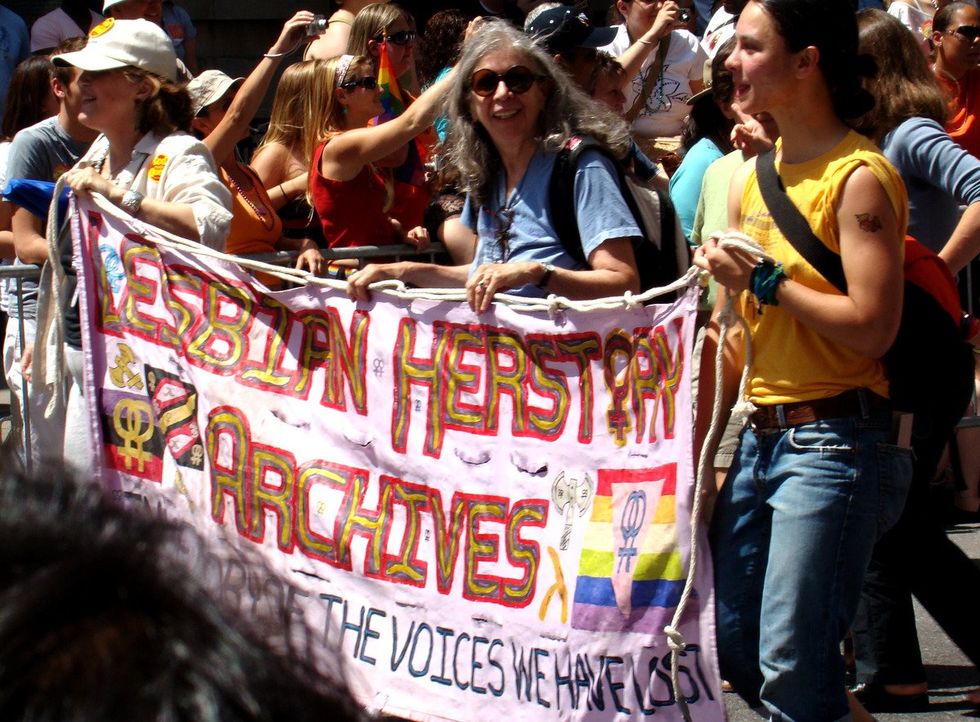


 Actress Marlene Dietrich and Paul Porcasi in a scene from the movie Morocco.Donaldson Collection/Getty Images
Actress Marlene Dietrich and Paul Porcasi in a scene from the movie Morocco.Donaldson Collection/Getty Images
